Who doesn't love a soft and adorable bunny? They look so innocent and sweet with those twitchy noses and floppy ears. Their gentle demeanor often makes them seem like perfect pets, especially for families with kids or people in smaller homes.
Click Here For a Beginners Guide to Rabbit Care.

But bringing a rabbit into your life is different from having a cat or a dog. There are a lot of unexpected rabbit ownership facts that most first-time owners only learn after the bunny has already moved in.
If you're thinking about adopting one, it's better to know what you're getting into. Rabbits are rewarding pets—but only when their specific needs are met consistently and with care.
Rabbits Are Not Low Maintenance Pets
One of the most common myths is that rabbits are low-effort pets. That couldn't be further from the truth. Rabbits need daily interaction, fresh food and water, time outside their enclosures, and constant supervision when free-roaming indoors.

A healthy domestic rabbit can live up to 10 to 12 years. That's a major time commitment. You'll also be responsible for keeping their habitat clean, monitoring their dental health, trimming their nails, and scheduling regular vet visits.
Adopting a rabbit is not a temporary decision. It's a long-term relationship that takes planning and patience.
They Can Thrive in Apartments
Good news—rabbits don't need a backyard to be happy. They can live comfortably in apartments as long as their living space is well-designed. You'll need an enclosure with room for a litter box, food, water, and enough space for exercise.
Apartment living just means being smart with your space. Exercise pens work well, and some owners use a spare room or corner to create a bunny-friendly area. Just make sure it's quiet and protected from hazards like cords and chewing risks. Here's how to make apartment life work for your rabbit.
Training a Bunny? It’s Possible
One of the best unexpected rabbit ownership facts is that rabbits can be litter-trained. Young rabbits are easier to train, but even adult buns can catch on with time and consistency.
You'll want to use a litter box filled with paper-based or wood-pellet litter. Keep it clean to prevent odor and encourage continued use. Avoid scented or clay litters, as they can harm your rabbit's respiratory system.
Reinforce their behavior with treats and gentle praise. They're quick learners when they feel safe and rewarded.
They Aren't the Best Pets for Young Kids
Bunnies might look cuddly, but they usually don't enjoy being picked up. Children often want to carry or cuddle pets, which makes rabbits nervous. Their instincts tell them to flee when held too tightly or approached too quickly.
This kind of stress can cause physical and emotional harm. In some extreme cases, a rabbit may even experience heart failure from intense fear.
If you're adopting a rabbit into a home with young kids, focus on family-wide involvement. Teach children how to pet gently and leave the rabbit on the ground. Let the rabbit come to them.
They Need to Chew—Constantly
Rabbits' teeth never stop growing. Without something safe to gnaw on, their teeth can become overgrown, leading to painful eating problems. This is one of those unexpected rabbit ownership facts that surprises a lot of new owners.
Chew toys and untreated wooden blocks help wear their teeth down naturally. Hay also plays a major role in dental health. A rabbit's diet should be mostly hay—not pellets or greens.
They'll Eat Your Furniture (If You Let Them)
If you give your rabbit free range of your home, prepare for trouble. Couch legs, baseboards, and even drywall are all targets for their constant chewing.
Rabbit-proofing your space is critical. Cover cords, block off tempting corners, and provide plenty of acceptable chew options. Think of them like toddlers with sharper teeth and faster reflexes.
They Handle Cold Better Than Heat
Unlike many other pets, rabbits are more at risk in warm temperatures than cold ones. Their thick fur coats make it hard for them to cool down. Anything above 75°F can start to feel uncomfortable—or even dangerous.
Indoor rabbits do best in cooler rooms. If you live in a hot climate, consider air conditioning or fans (placed safely out of reach) to help your rabbit stay comfortable. Learn more from the House Rabbit Society's weather care guide.
Unexpected Rabbit Ownership Facts That Involve Other Pets
Here's something few people expect—rabbits can live with cats and even small dogs. The trick is in the introduction. It should be slow, supervised, and preferably when all pets are young.
However, certain dog breeds (especially those bred to hunt) should never be left alone with rabbits. Even if the dog doesn't mean to harm them, chasing or nipping can be traumatic for your bun.
Always keep introductions calm and short. Use barriers at first, like pet gates or pens. Reward calm behavior on both sides. And always supervise their time together.
Not All Vets See Rabbits
Rabbits are considered exotic pets. This means that not every vet is qualified—or even willing—to treat them. You'll need to find a small animal vet or one who specializes in exotics. Search locally and check reviews or recommendations from rabbit communities.
The House Rabbit Society has a reliable guide for finding rabbit-savvy veterinarians near you.
Regular check-ups are a must, especially to monitor dental issues, gut health, and weight. Don't wait until your rabbit is sick to search for the right vet.
They Need Fresh Hay Every Day
Hay isn't optional. It should be about 80–90% of a rabbit's diet. Hay provides support for digestion, dental health, and overall well-being.
Younger rabbits can eat alfalfa, which is richer in calcium and protein. Adult rabbits do better with timothy, orchard grass, or meadow hays. If you're not sure which hay fits best, here's a guide to age-based hay feeding from Rabbit Hole Hay.
Always provide hay in a clean feeder and keep it dry. Replace soiled hay daily, and never feed moldy or dusty batches. Farm-fresh options delivered to your door make this step easier than ever.
Routine Care is More Involved Than You'd Think
Even healthy rabbits need hands-on care. Their nails grow fast and need trimming every few weeks. Grooming during shedding season prevents fur blockages in their stomachs. Their enclosures need daily spot cleaning and weekly full cleanouts.
Monitoring behavior is another layer. Changes in eating, pooping, or social habits can be signs of a serious problem, including GI stasis—a dangerous and often fatal condition.
Keeping a simple rabbit care checklist can help you stay on top of all these small but essential tasks.
Is a Rabbit Right for You?
That depends. Are you looking for a quiet, sensitive companion with specific care needs? Do you have time each day for feeding, cleaning, and social interaction? Are you prepared for regular vet visits and possible emergencies?
If so, a rabbit might be the perfect pet for your lifestyle. If not, it might be best to wait or consider other pets with simpler care needs.

Rabbit Body Language Can Be Easy to Miss
Another one of those unexpected rabbit ownership facts is how subtle their communication style is. Rabbits aren't vocal animals, so they rely on body language and small sounds to tell you how they feel.
A relaxed rabbit might flop onto their side or stretch out with their feet behind them. A thump of the hind leg can mean they're scared or annoyed. Gentle nudging might be a sign they want attention—or that you're in their way. Even grinding their teeth softly (called tooth purring) means they're content, while loud grinding can indicate pain.
Learning to recognize these cues is key to being a good rabbit owner. If you miss them, you might not catch early signs of distress or illness. It's not about decoding everything immediately but staying observant and adjusting how you interact with your bun.
Bunnies Can Be Picky Eaters
Just because a rabbit can eat something doesn't mean they will. Some rabbits refuse certain hay types. Others ignore leafy greens that other rabbits love. And a rabbit might suddenly reject a food they've eaten for months.
This can be frustrating, but it's normal. Try introducing new foods slowly and one at a time. Rotate between different hays or greens to prevent boredom. Never stop offering hay, even if they're being stubborn—it's essential for their digestion and teeth.
If your rabbit refuses food for more than 12 hours, that's a red flag. Digestive systems in rabbits slow down quickly, and waiting can lead to serious complications. When in doubt, call your vet.
They Shed—A Lot
Rabbits shed seasonally, and some breeds shed more than others. When they molt, loose fur can end up all over your clothes, furniture, and floors. It can also end up in their stomachs if they groom themselves too much, which may lead to blockages.
Brushing your rabbit a few times a week—or daily during heavy shedding—helps reduce the risk of hairballs and keeps your home cleaner. Use a soft-bristle brush or grooming mitt, especially if your rabbit has sensitive skin.
While grooming, check for mats behind the ears, under the legs, or around the tail. These spots often get missed and can cause discomfort or skin problems if ignored.
They Get Bored Easily
A bored rabbit is a destructive rabbit. They chew, dig, and tear up anything they can find if they don't have enough stimulation. That includes carpets, curtains, furniture legs, and sometimes even their own enclosures.
This is why mental and physical enrichment is just as important as food and shelter. Toys, tunnels, chew sticks, and digging boxes are all great ways to keep your rabbit busy. Even something as simple as a cardboard box with holes can become their favorite playground.
You can find inspiration from this blog on DIY rabbit toys that turn everyday items into enrichment tools.
Social Needs Vary from Rabbit to Rabbit
Some rabbits love interaction and will follow you around like a shadow. Others prefer peace and quiet, only coming over when they're in the mood. Personality plays a big role, and bonding takes time.
Don't take it personally if your rabbit hides at first. In their world, caution means survival. Offer treats, talk softly, and sit quietly near them without reaching in right away. Let them approach on their terms.
Eventually, most rabbits build trust. But the pace depends on the rabbit. There's no set timeline—just patience, consistency, and respect for their boundaries.
You May Need a Second Rabbit (Eventually)
Rabbits are social animals by nature. In the wild, they live in groups for safety and companionship. While many pet rabbits live happily as singles, some do much better with a bonded partner.
Bonding rabbits is a careful process and can take weeks or months. You'll need to supervise initial introductions, use neutral territory, and watch closely for signs of aggression or stress. A good match can improve both rabbits' quality of life.
If you're not ready for a second rabbit, you'll need to provide plenty of social interaction to meet your rabbit's emotional needs.
Even Litter-Trained Rabbits Have Accidents
No rabbit is 100% perfect with litter habits all the time. Even after they're trained, rabbits might mark new areas with a few droppings—especially during puberty or when another animal is introduced.
Spaying or neutering helps reduce this behavior significantly. It also improves overall behavior and reduces the risk of certain cancers. Most vets recommend spaying or neutering once your rabbit reaches sexual maturity, usually around 4 to 6 months old.
If your rabbit suddenly stops using the litter box, it could signal a medical issue like a urinary tract infection or arthritis. Check with your vet to rule out health problems first.
Rabbits Are Expensive Over Time
The adoption fee or pet store price is just the beginning. A proper rabbit setup can cost hundreds of dollars. Factor in a large enclosure, litter box supplies, hay feeders, food bowls, and toys. And that's before recurring costs like hay, pellets, vet visits, and emergency care.
You should also budget for unexpected costs like teeth trimming, illness, or replacing chewed-up furniture. Pet insurance for rabbits is an option to help cover larger medical bills, though not all providers offer it.
Planning ahead keeps you from scrambling later. If you wouldn't hesitate to do the same for a dog or cat, then you're on the right track for rabbit care too.
Traveling with a Rabbit Isn't Easy
If you travel frequently, rabbits might not be the best pet for you—or you'll need a solid plan in place. Most rabbits don't enjoy car rides or changes in routine. Long-distance travel can be incredibly stressful for them.
Finding a rabbit-savvy pet sitter can be difficult. You'll want someone who knows how to feed hay, spot early signs of illness, and keep their environment safe and clean. Many boarding facilities won't take rabbits unless they specialize in small pets.
If you do need to travel with your rabbit, make sure they're in a secure carrier with hay and familiar smells. Try to keep car rides short and avoid extreme temperatures.
The Emotional Bond is Real
Rabbits are emotional creatures. They recognize your voice, scent, and routine. Some will even respond to their names or come when called. Over time, you'll notice your rabbit showing affection in small, sweet ways—nuzzling your hand, grooming your shirt, or quietly resting beside you.
That bond is earned, not automatic. It takes time, trust, and lots of patience. But once it's formed, it's gratifying. You'll start to understand why so many rabbit owners feel a special connection to their buns.
Key Takeaways on Unexpected Rabbit Ownership Facts
-
Rabbits need far more care than most people assume, including a specialized diet and daily cleaning.
-
Free-roam rabbits require homes to be bunny-proofed due to their natural chewing instincts.
-
They thrive with calm, patient humans and do best when vet care is proactive—not reactive.
Rabbits are smart, sensitive, and surprisingly complex pets. While they require more effort than most people expect, they also offer a unique kind of companionship. When given the space, care, and attention they need, rabbits can thrive and bring real joy into your life.
Before bringing one home, ask yourself if you're ready for the responsibility. If the answer is yes, you'll be entering a world filled with quiet cuddles, curious noses, and a deeper understanding of what it means to care for a small life.

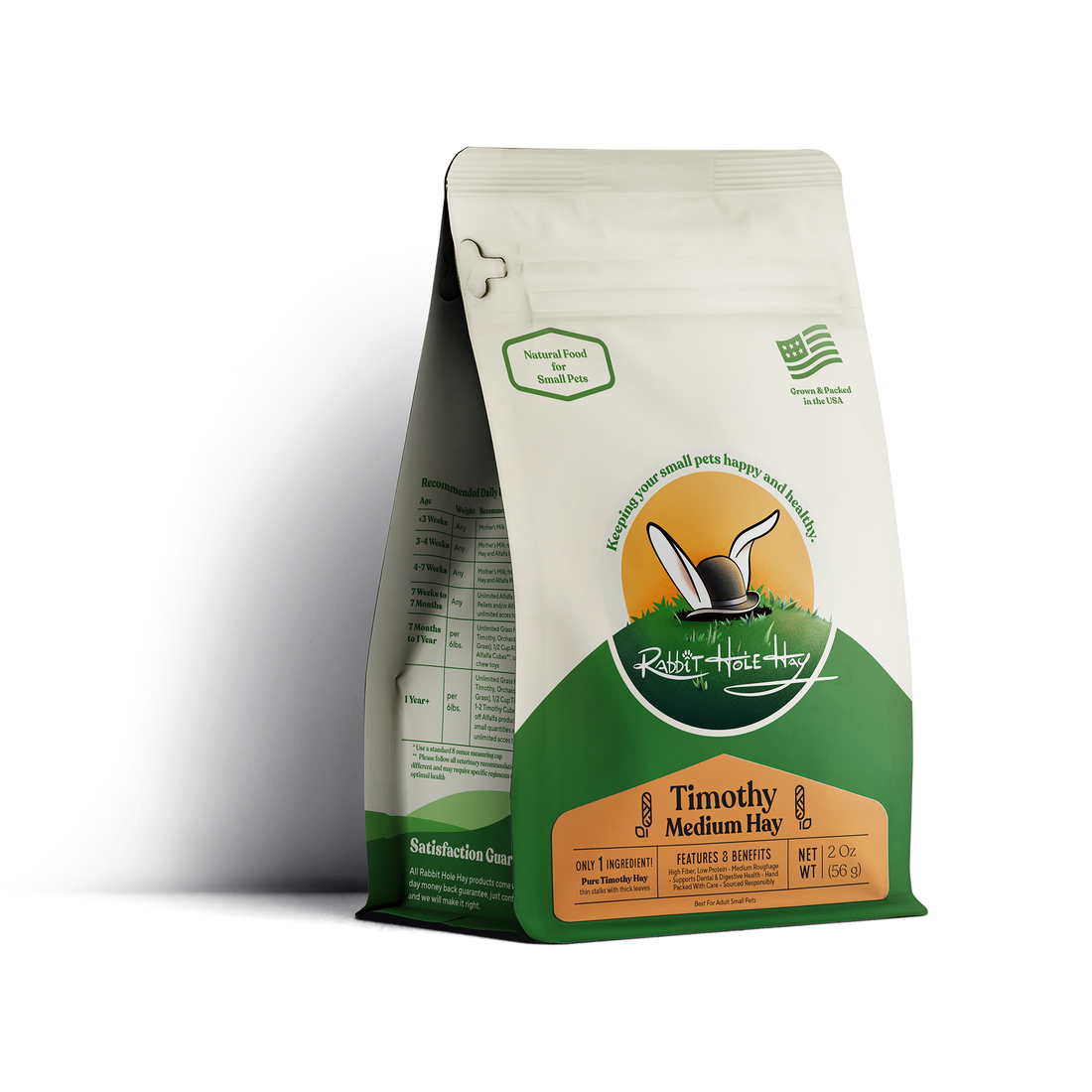

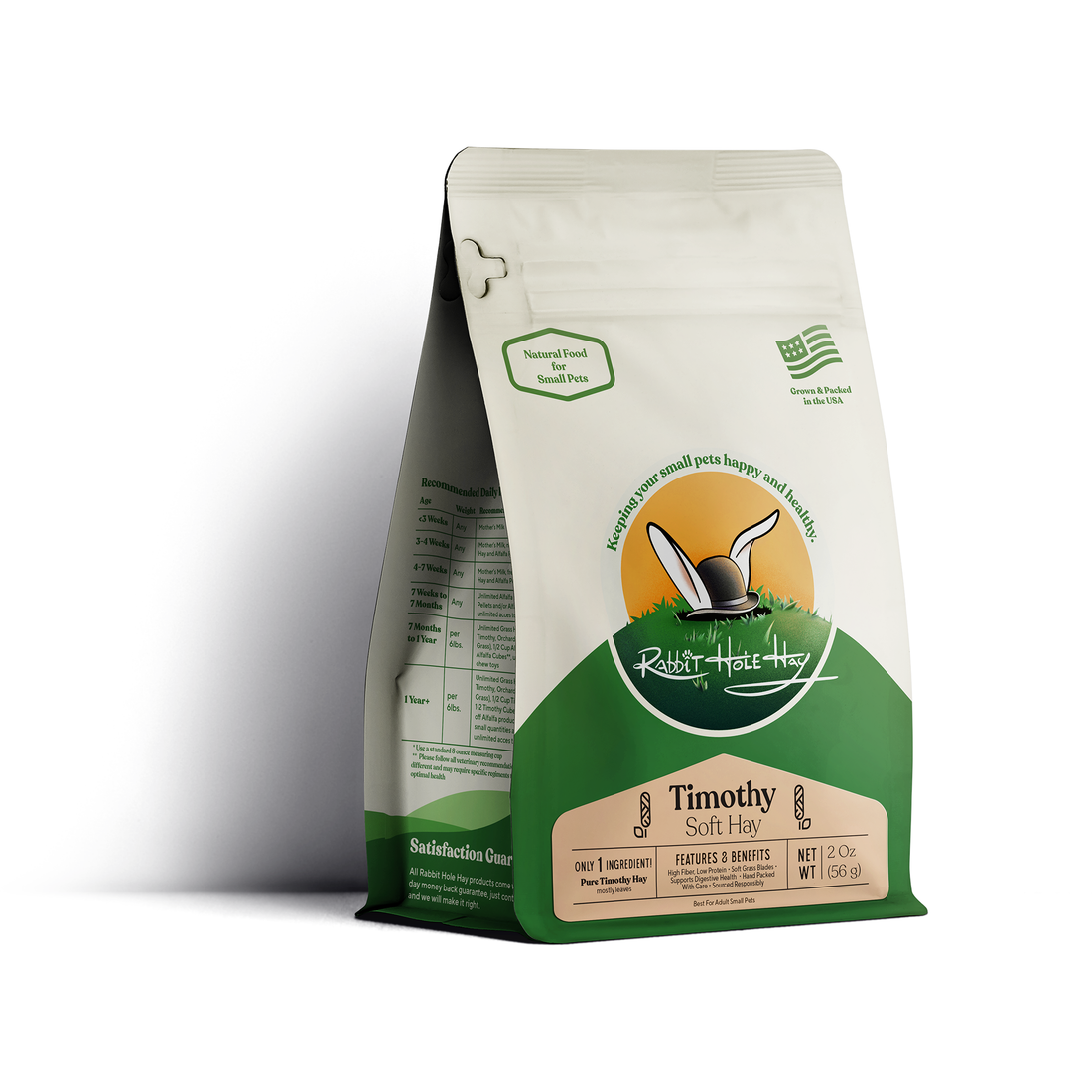

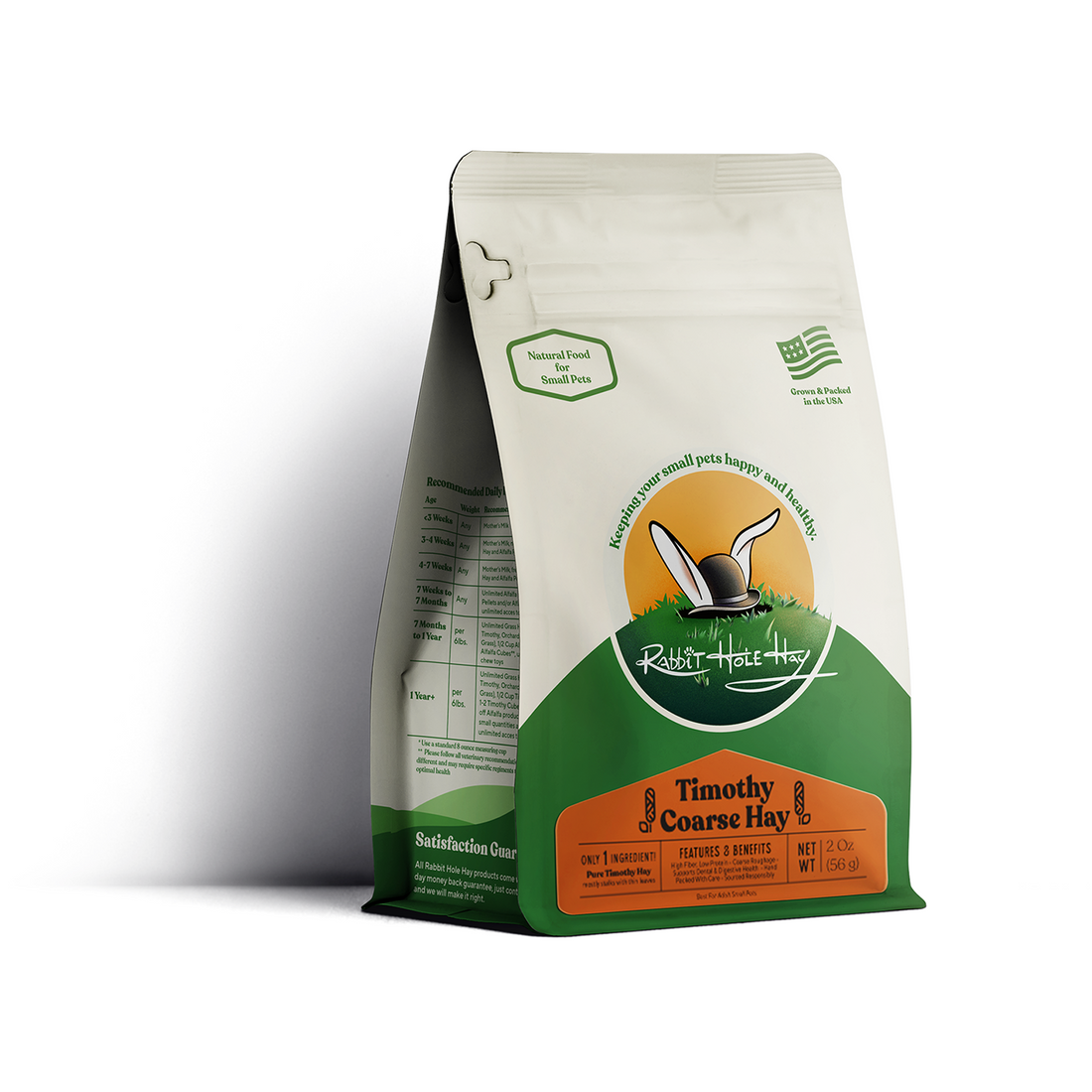

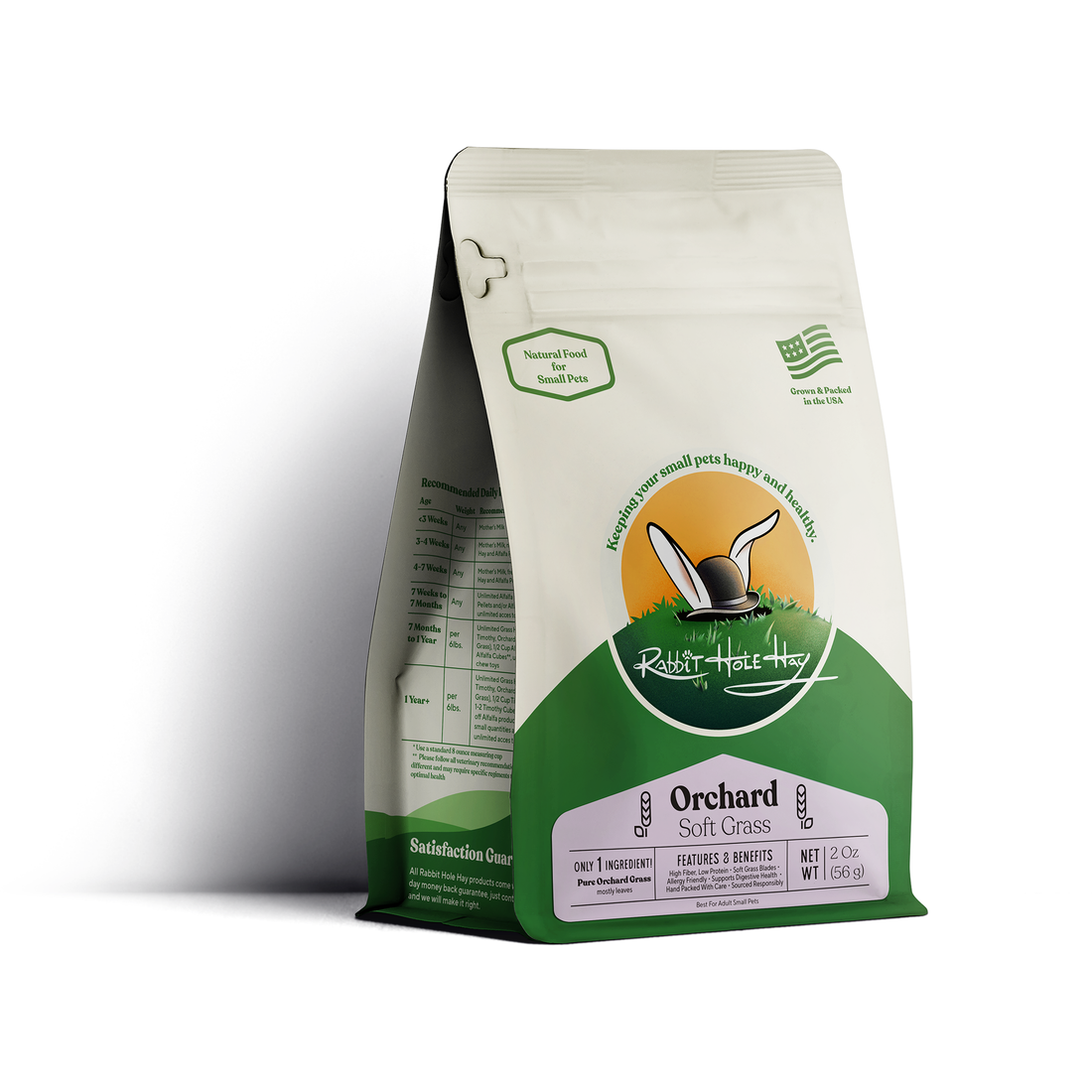
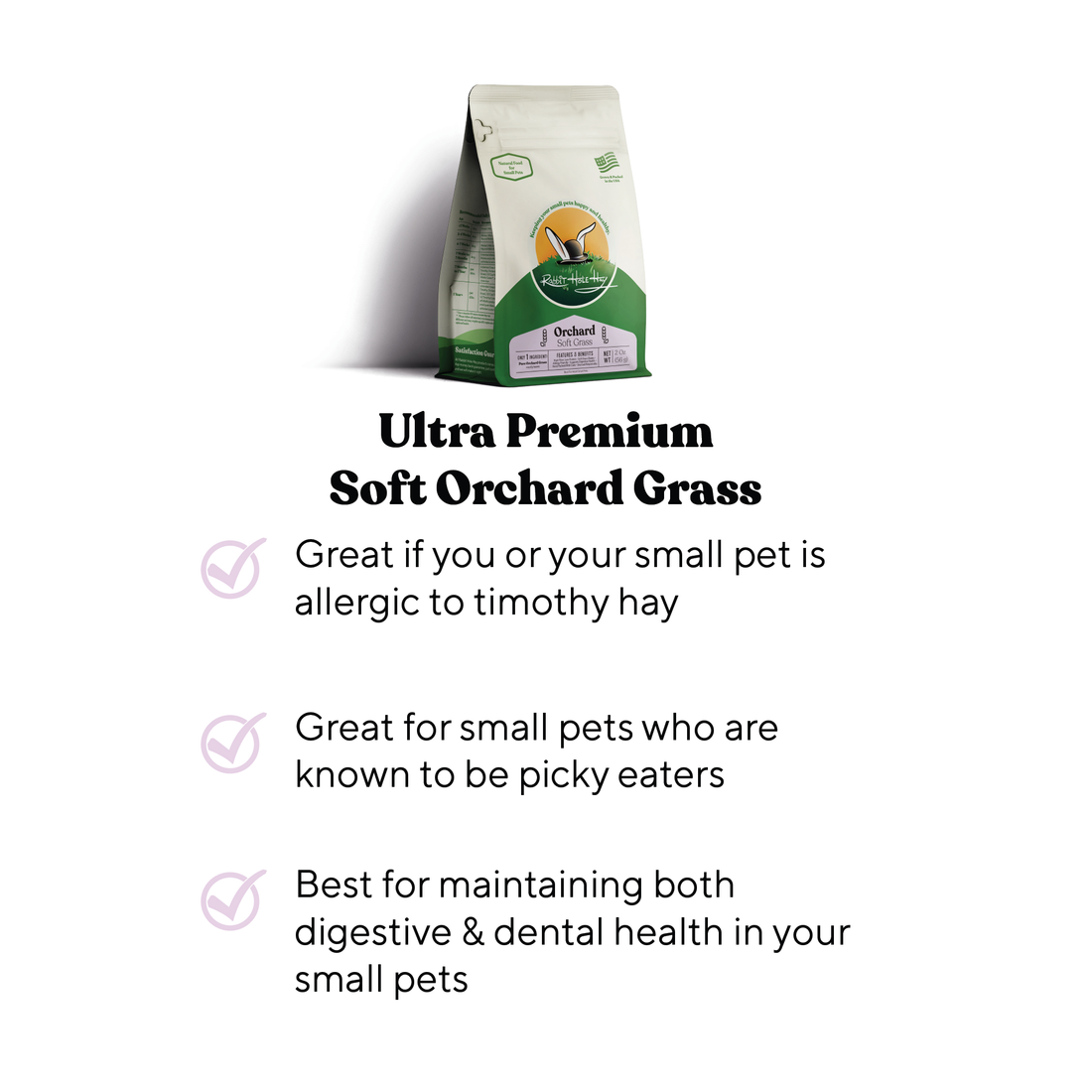
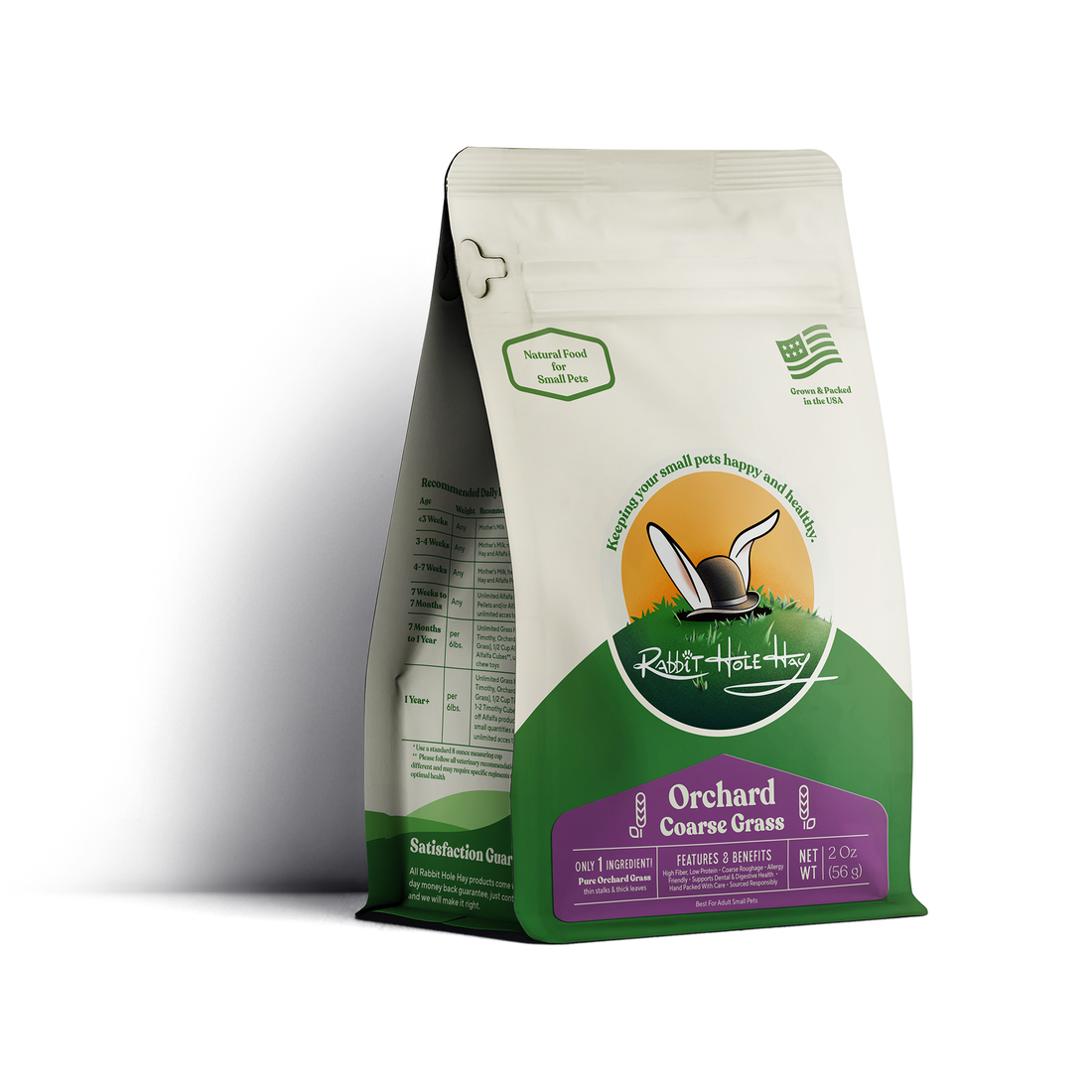
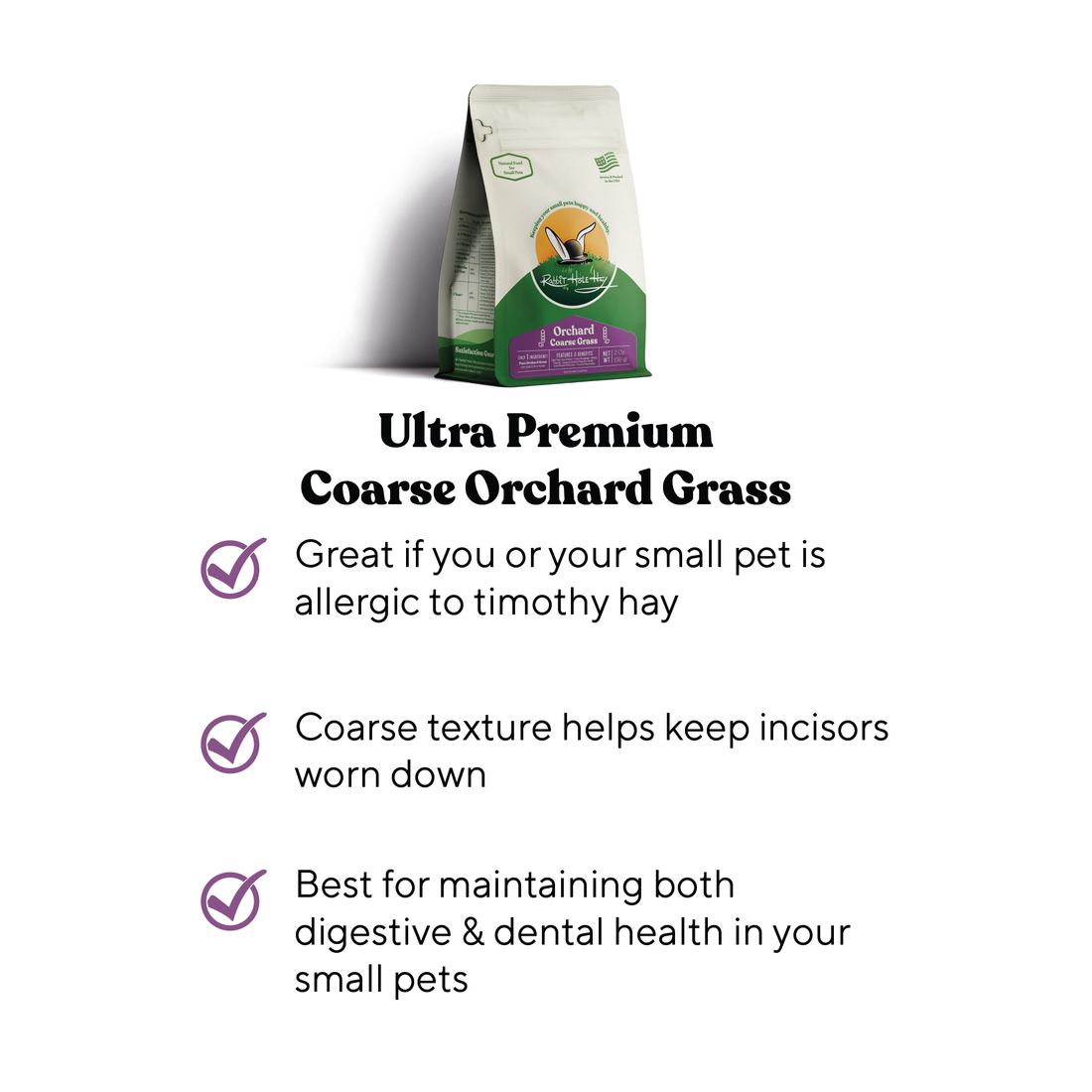
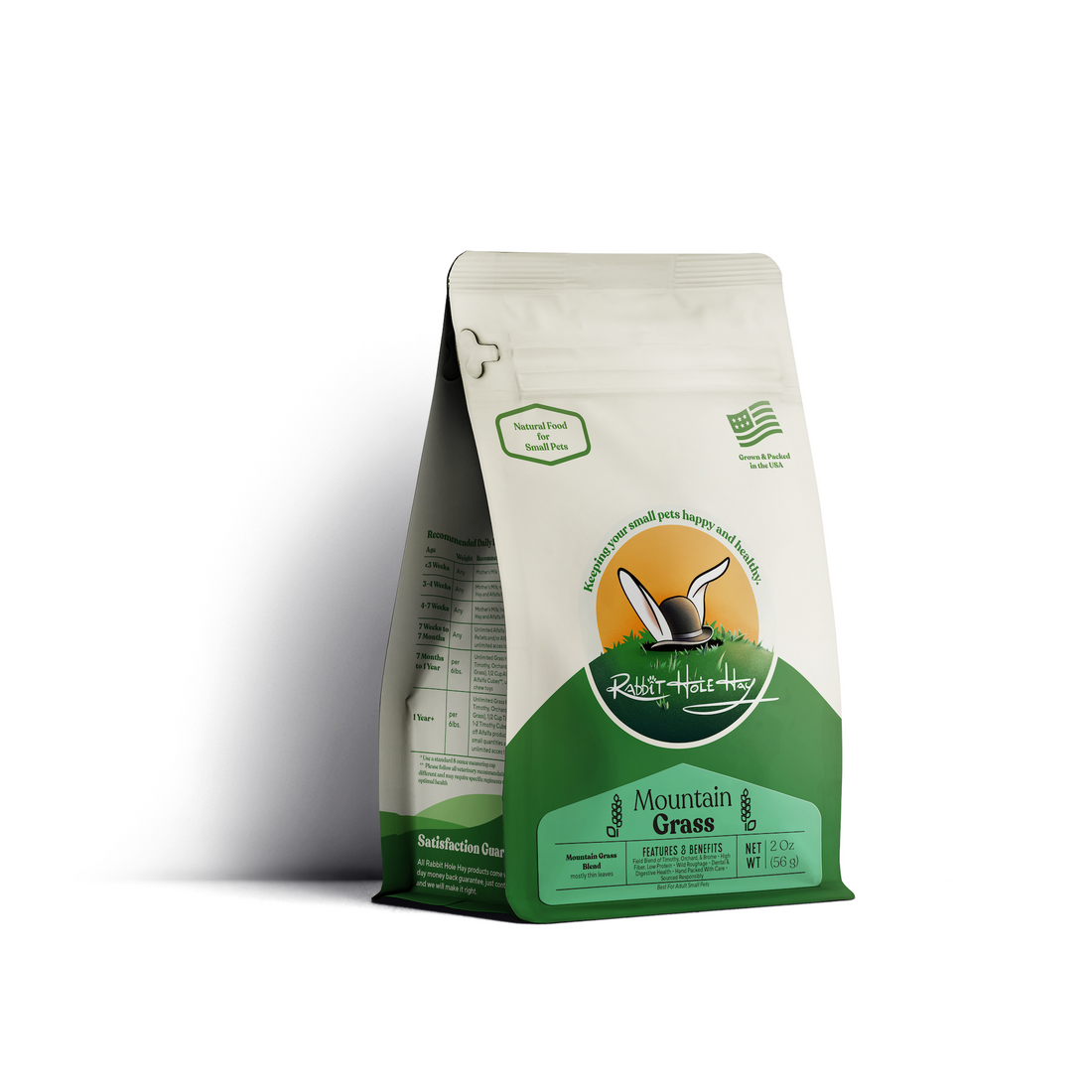

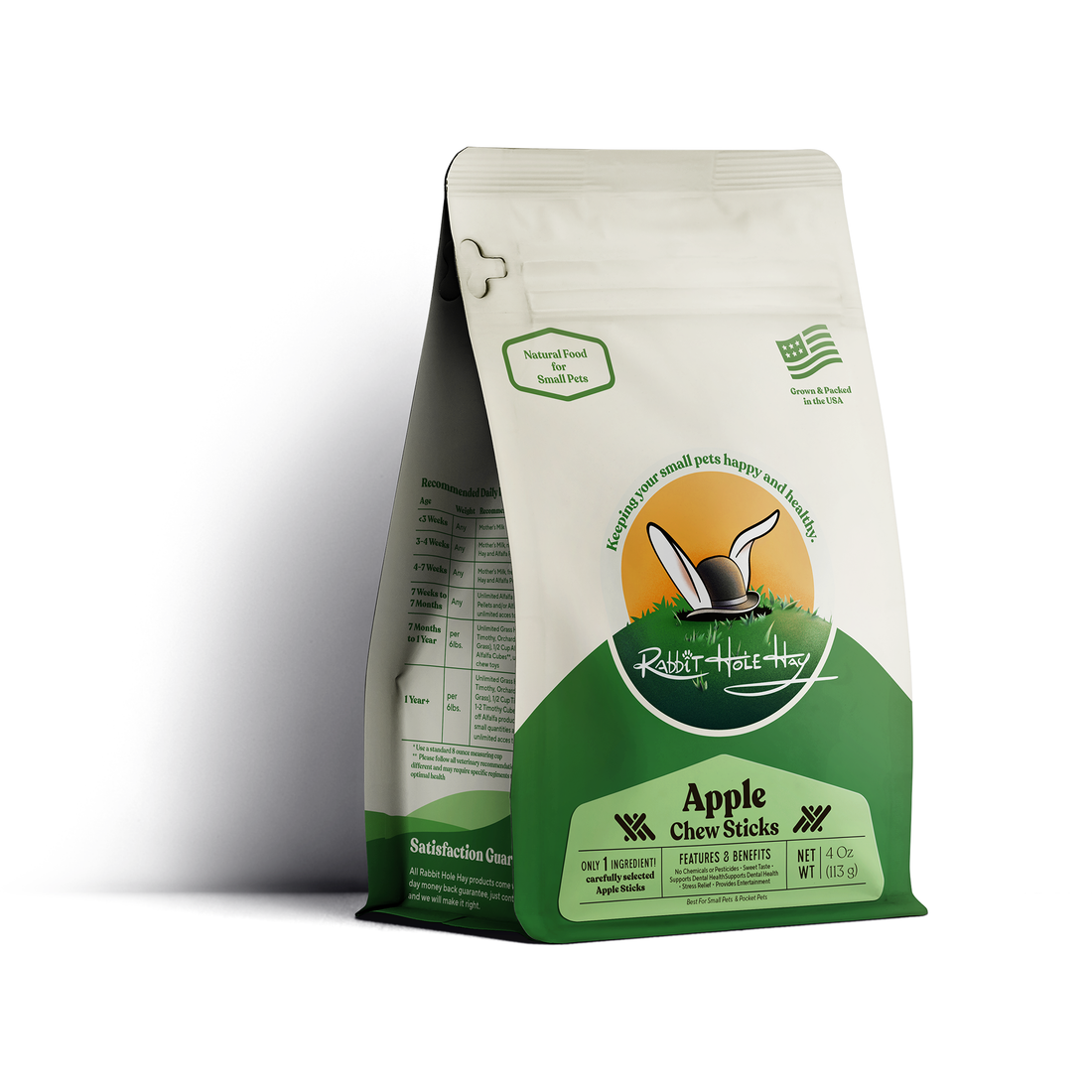



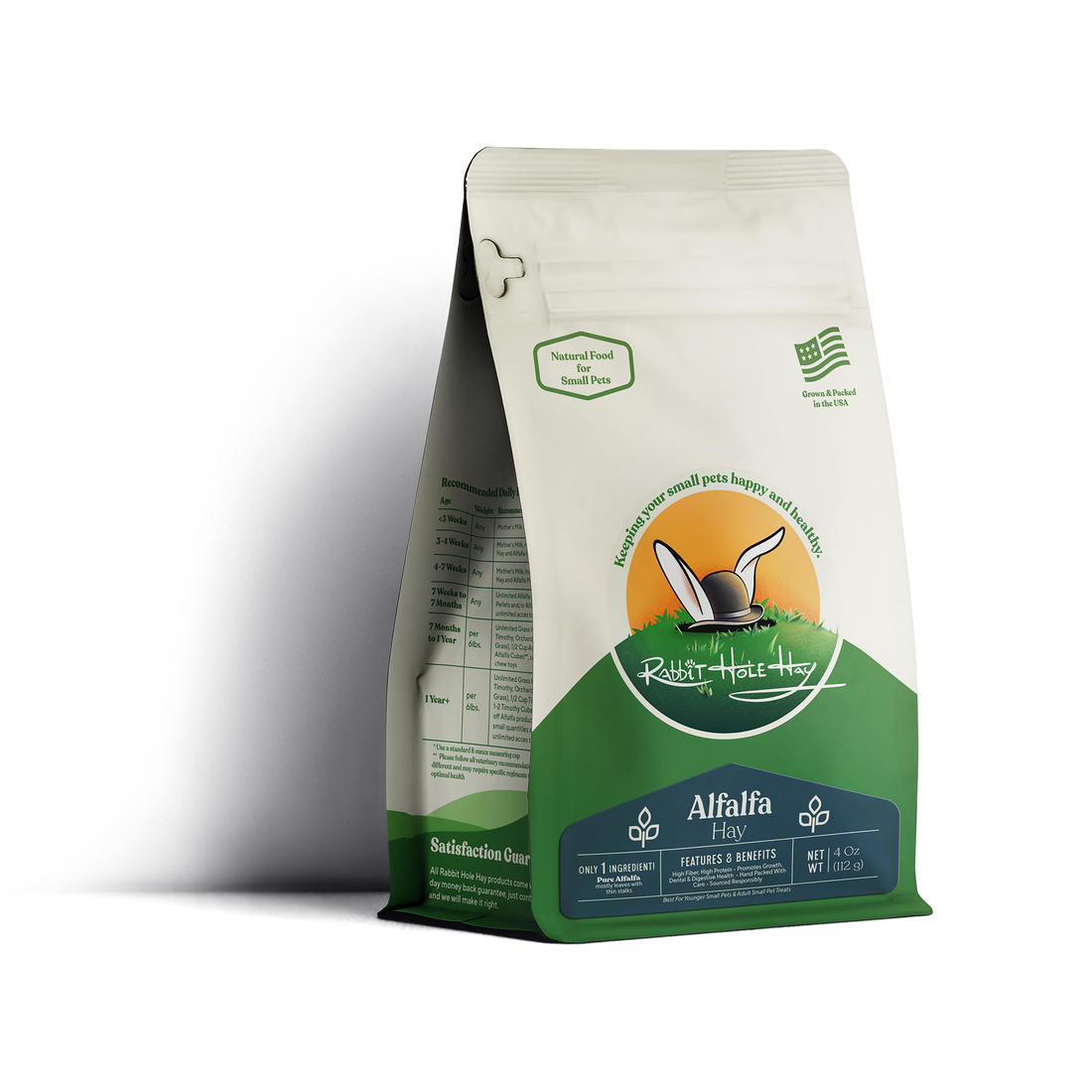
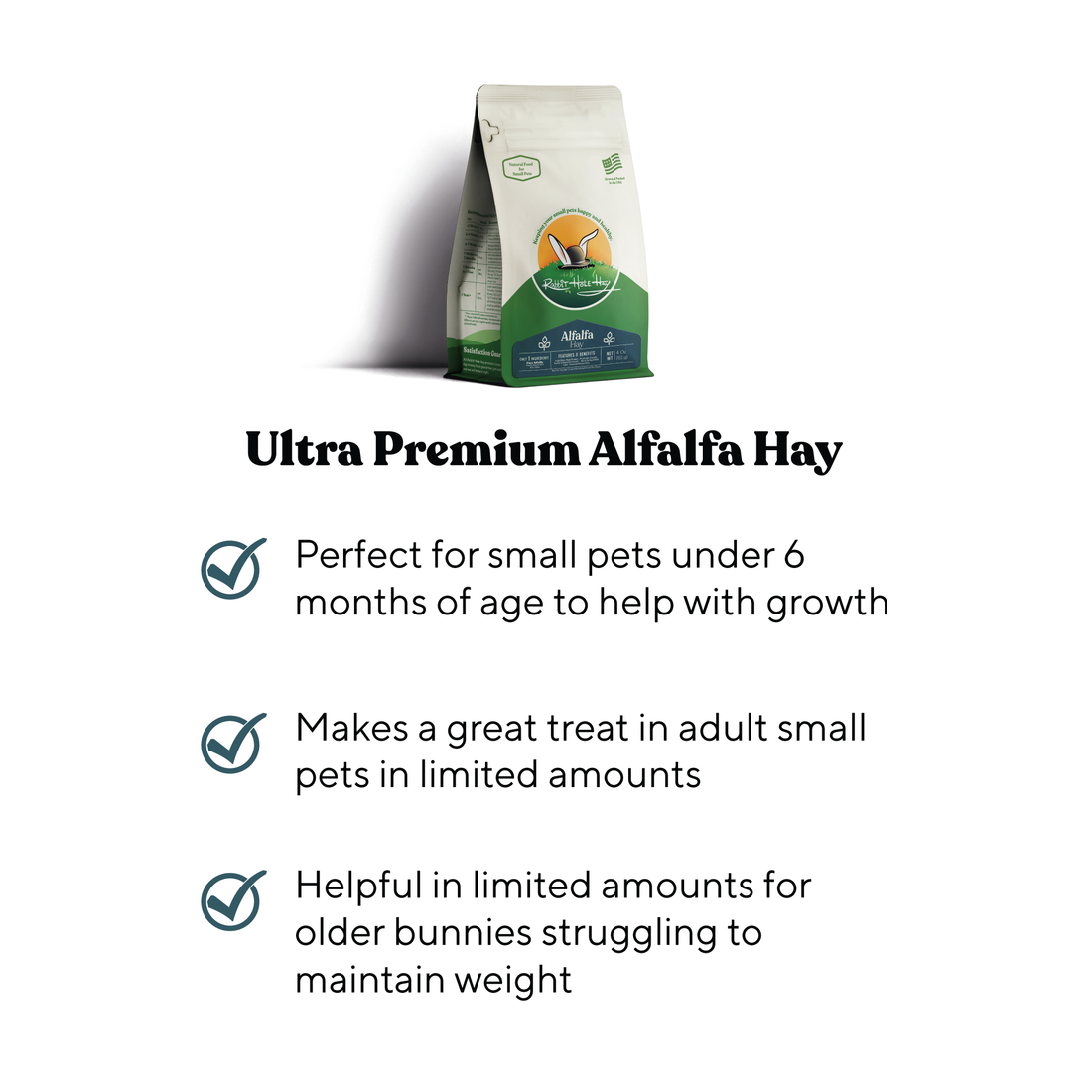
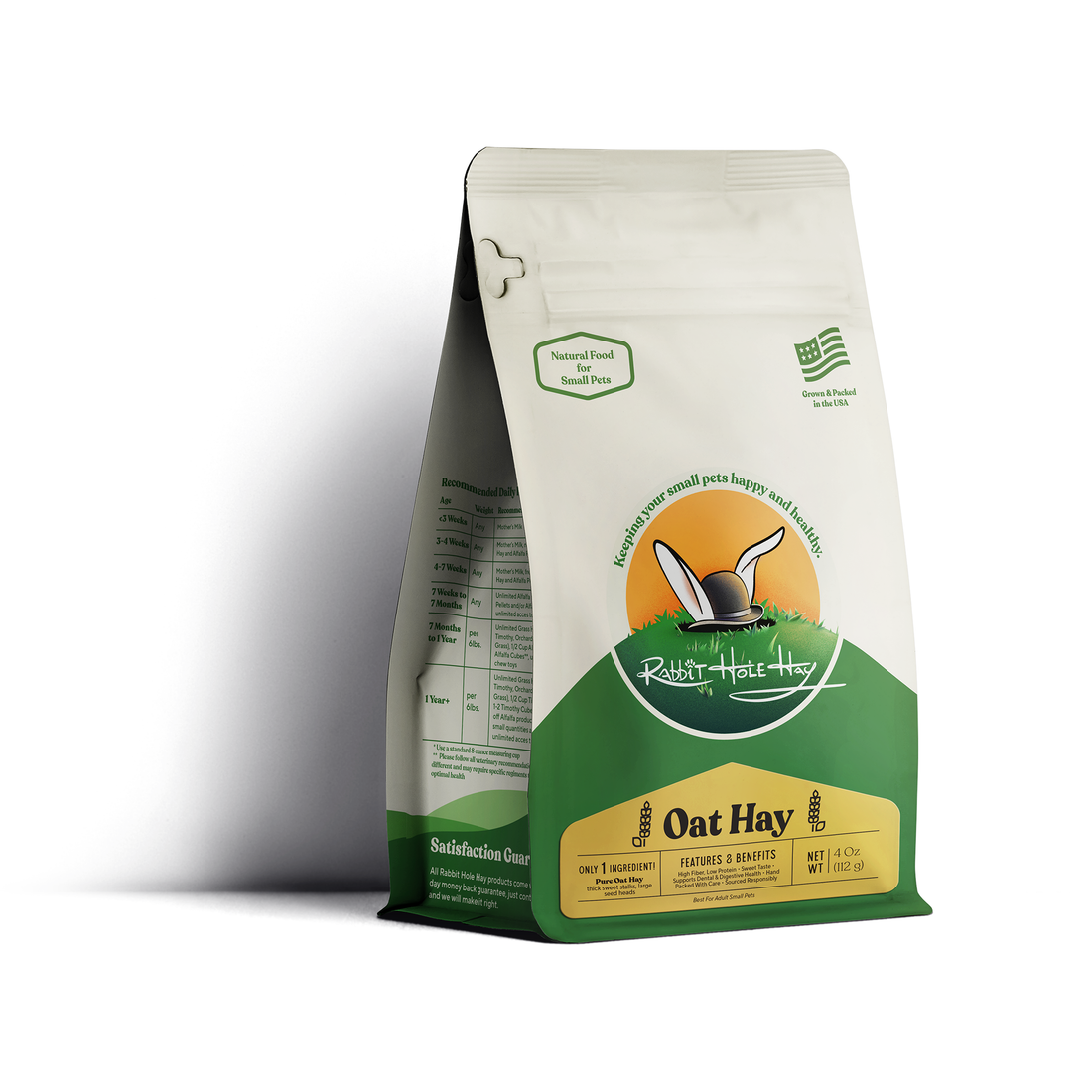
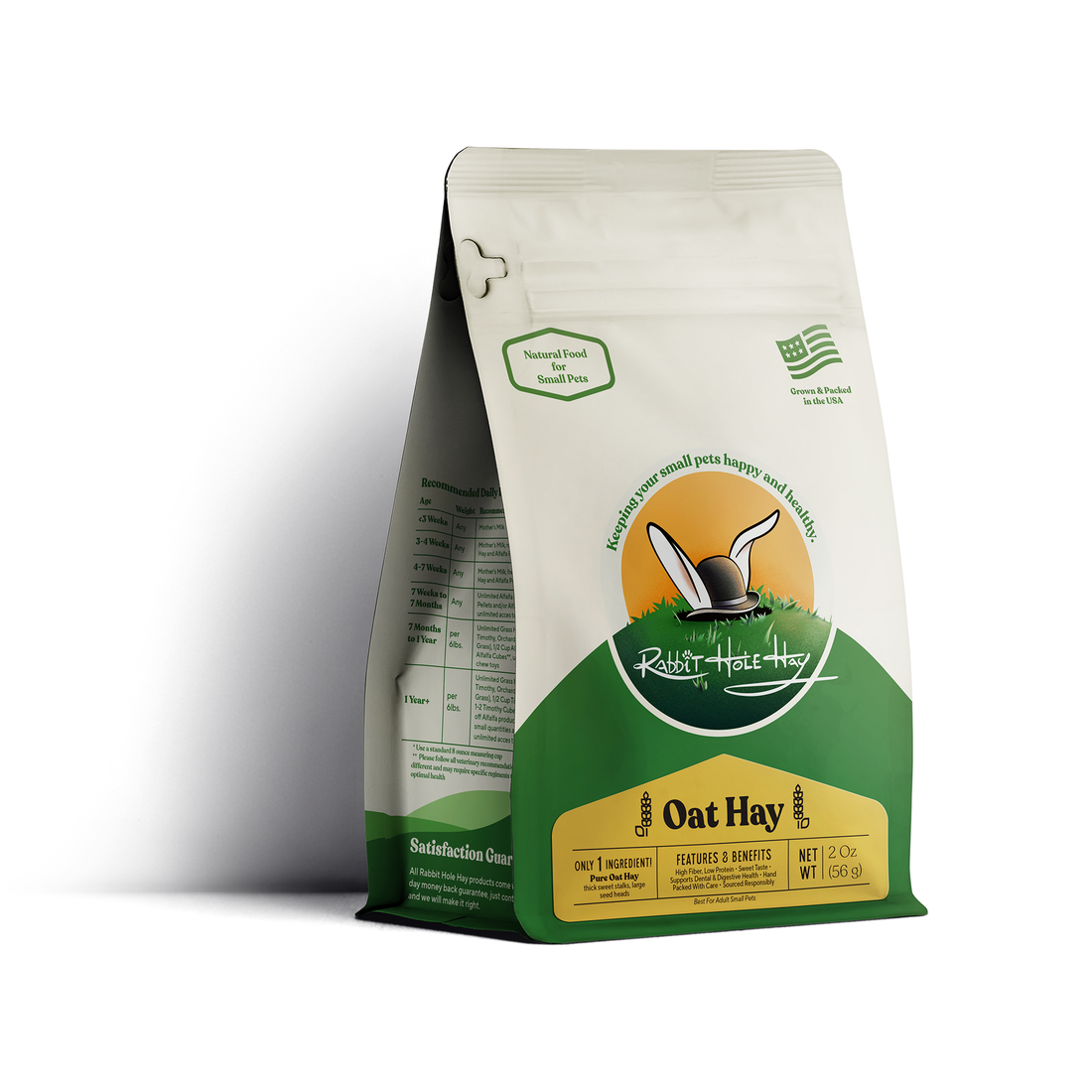
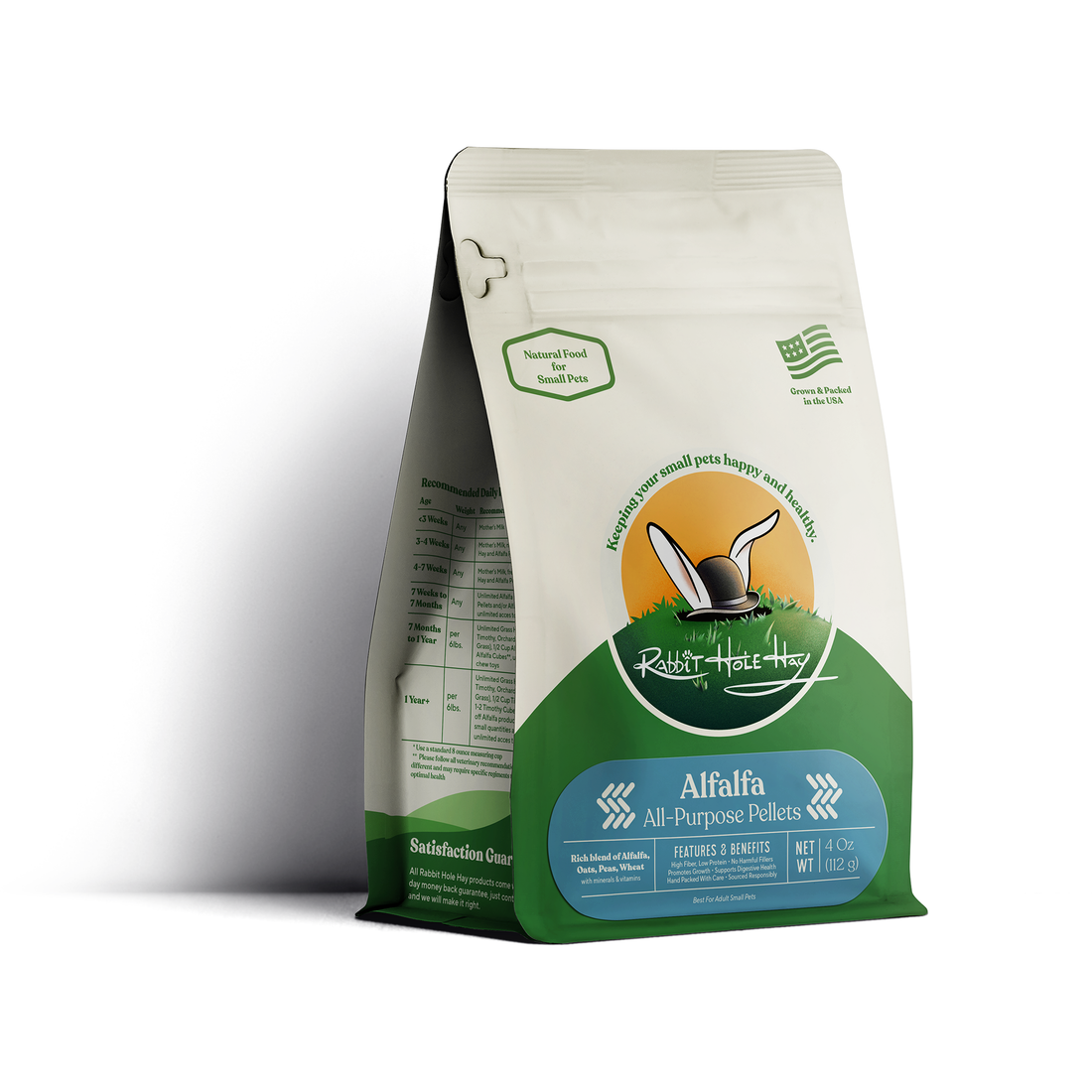
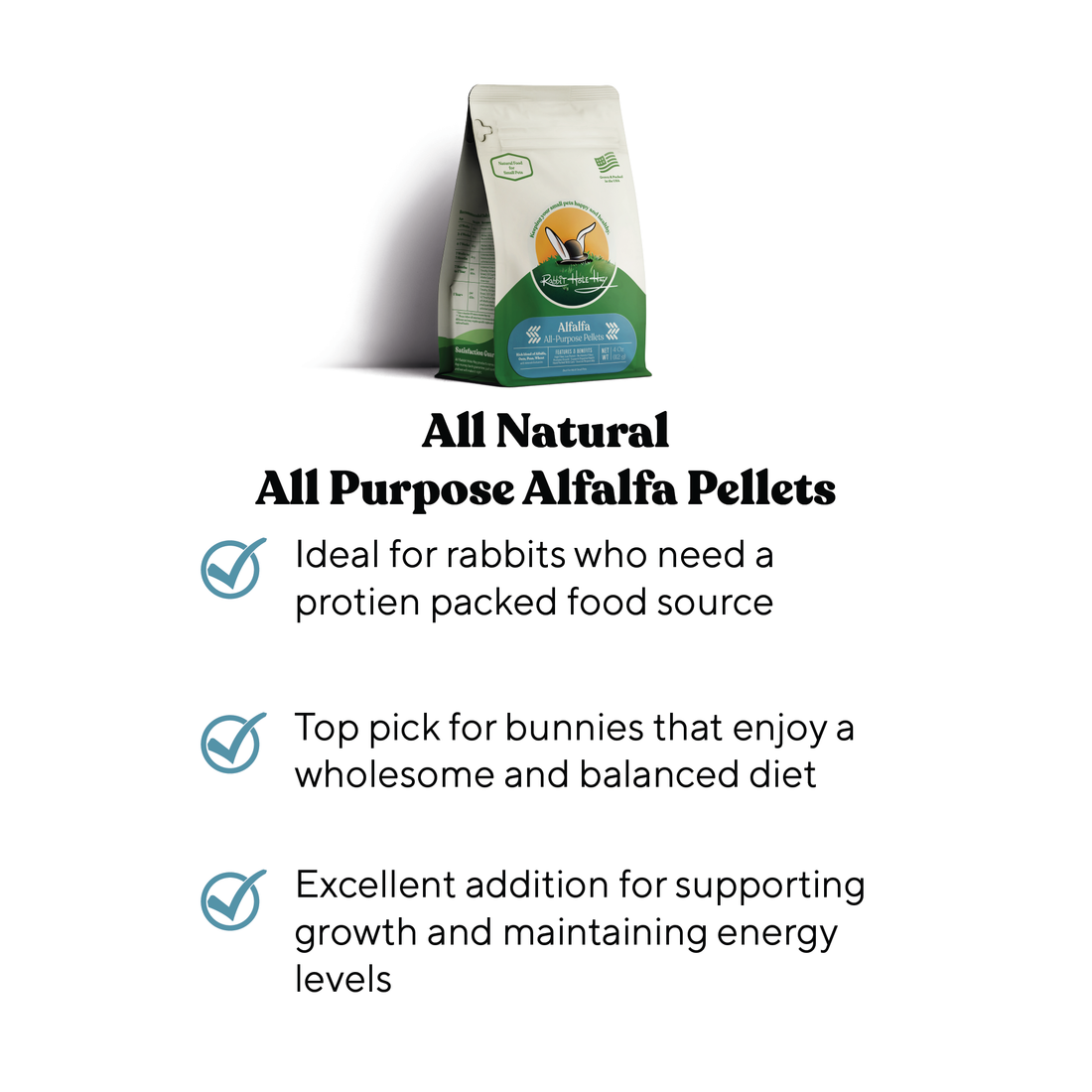
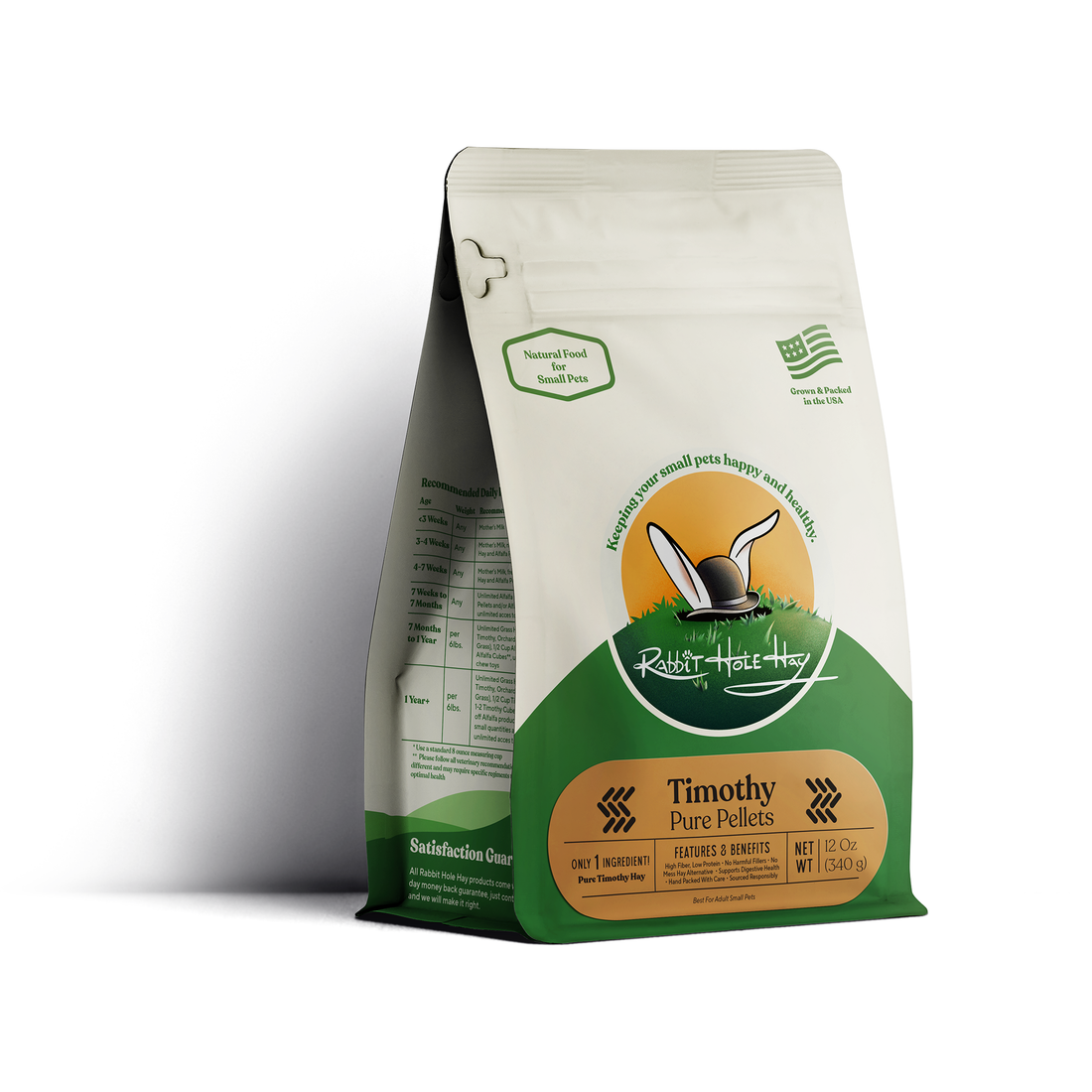

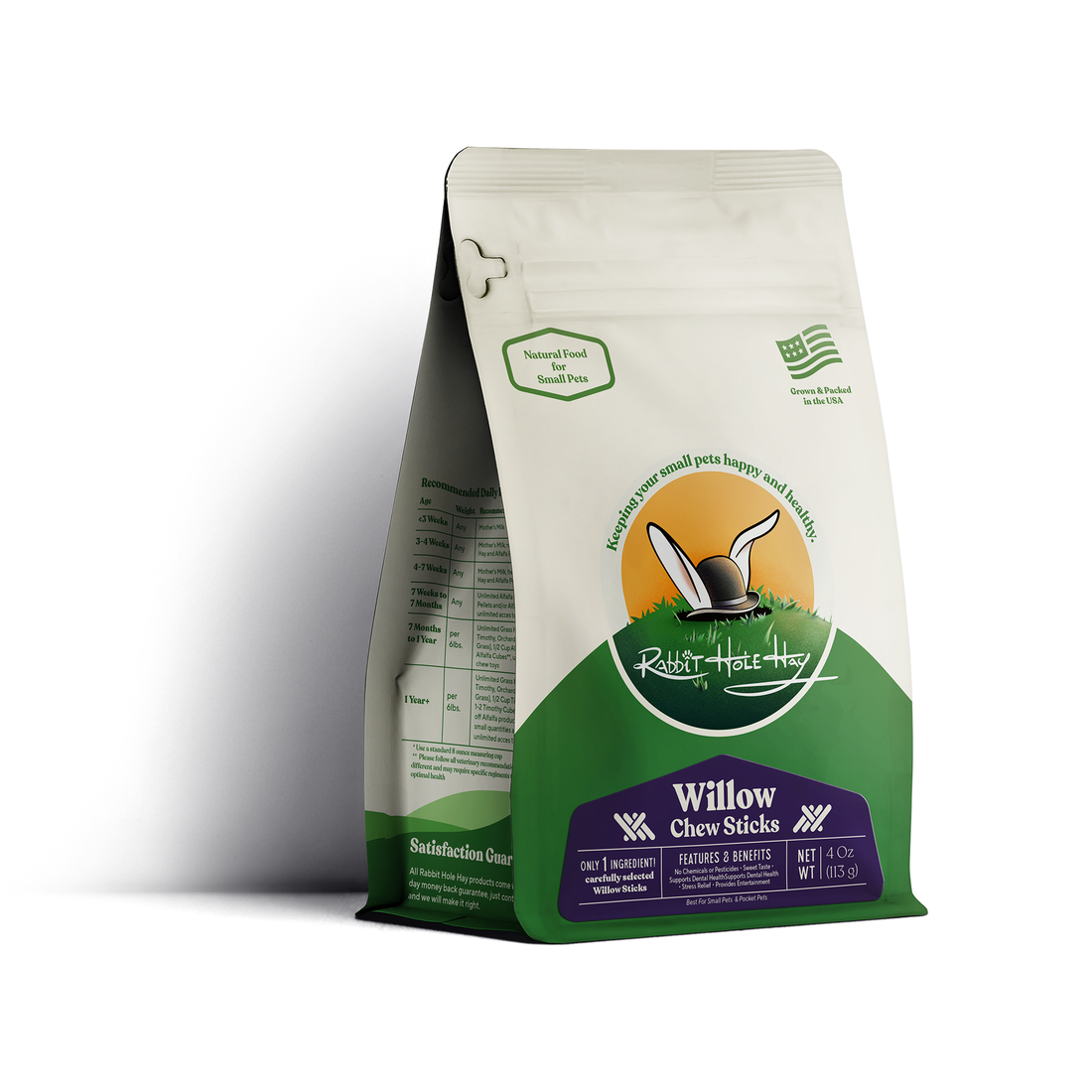
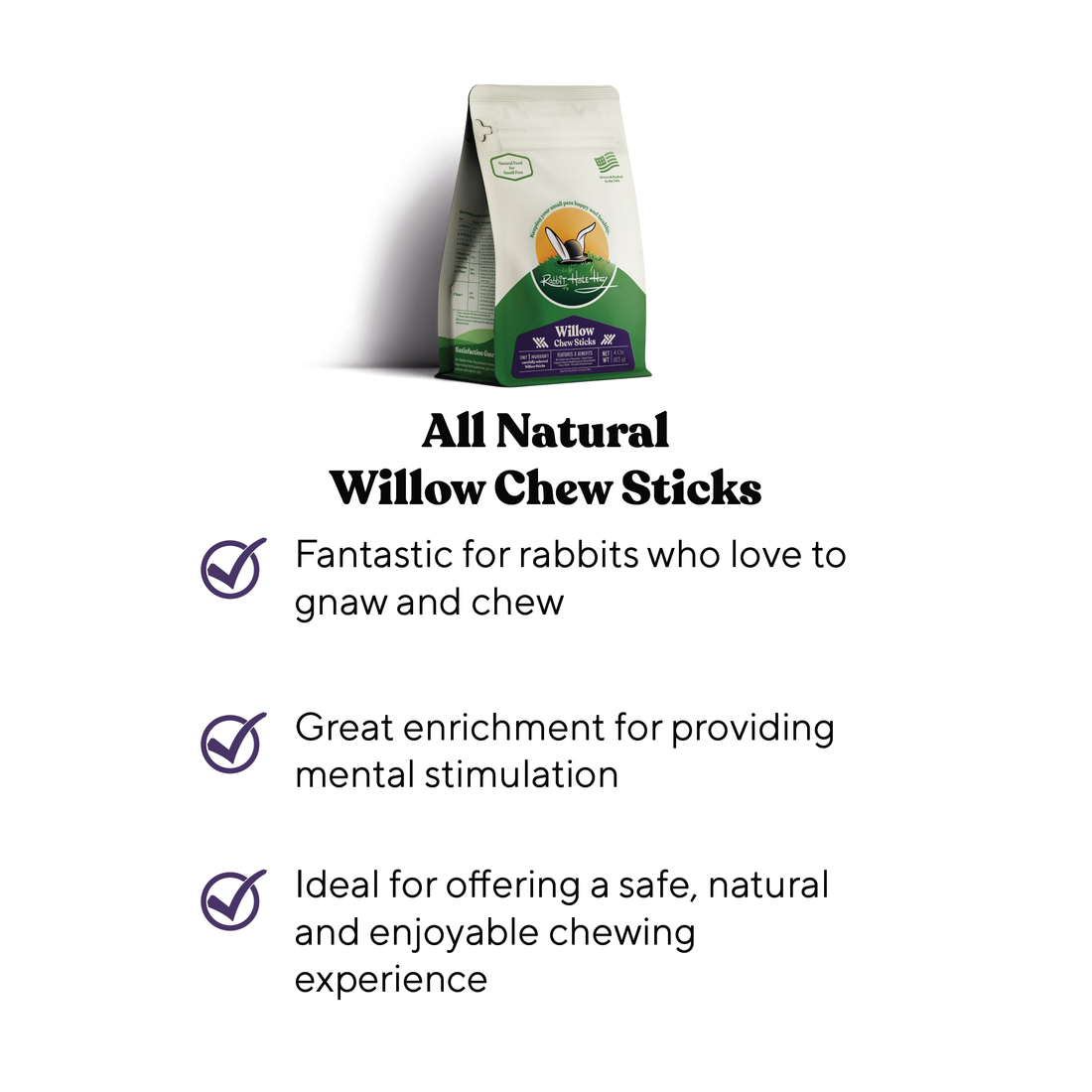
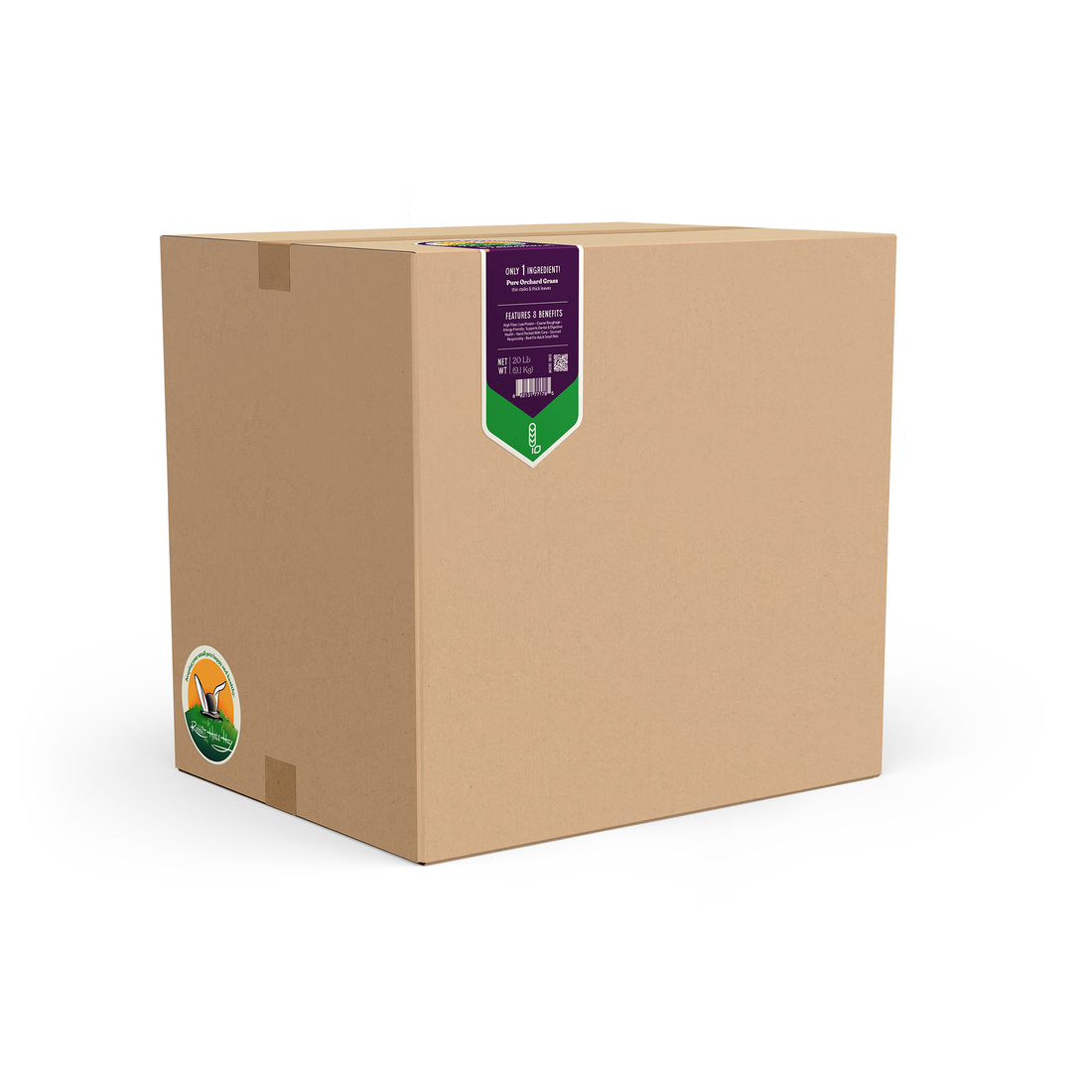
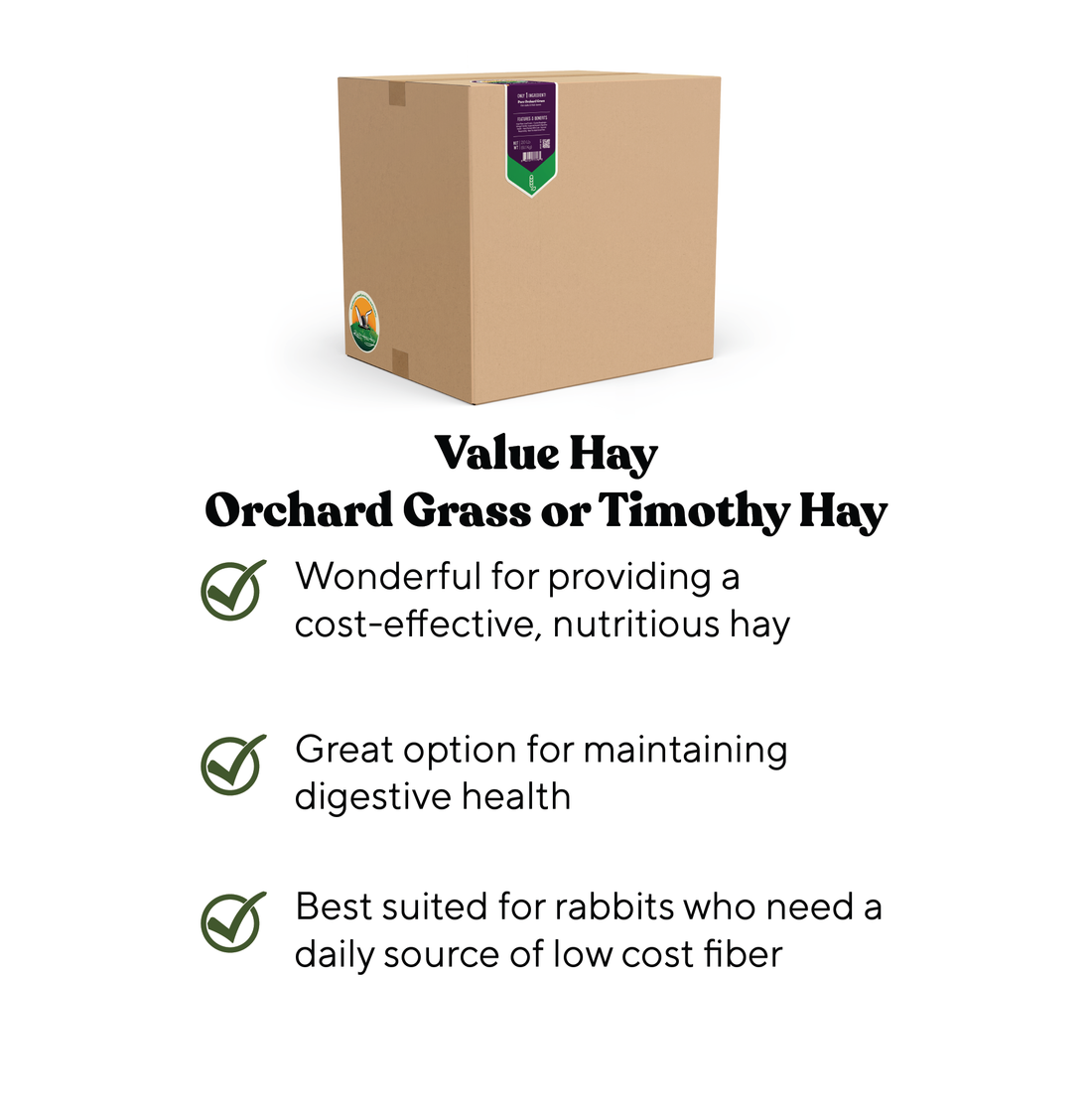
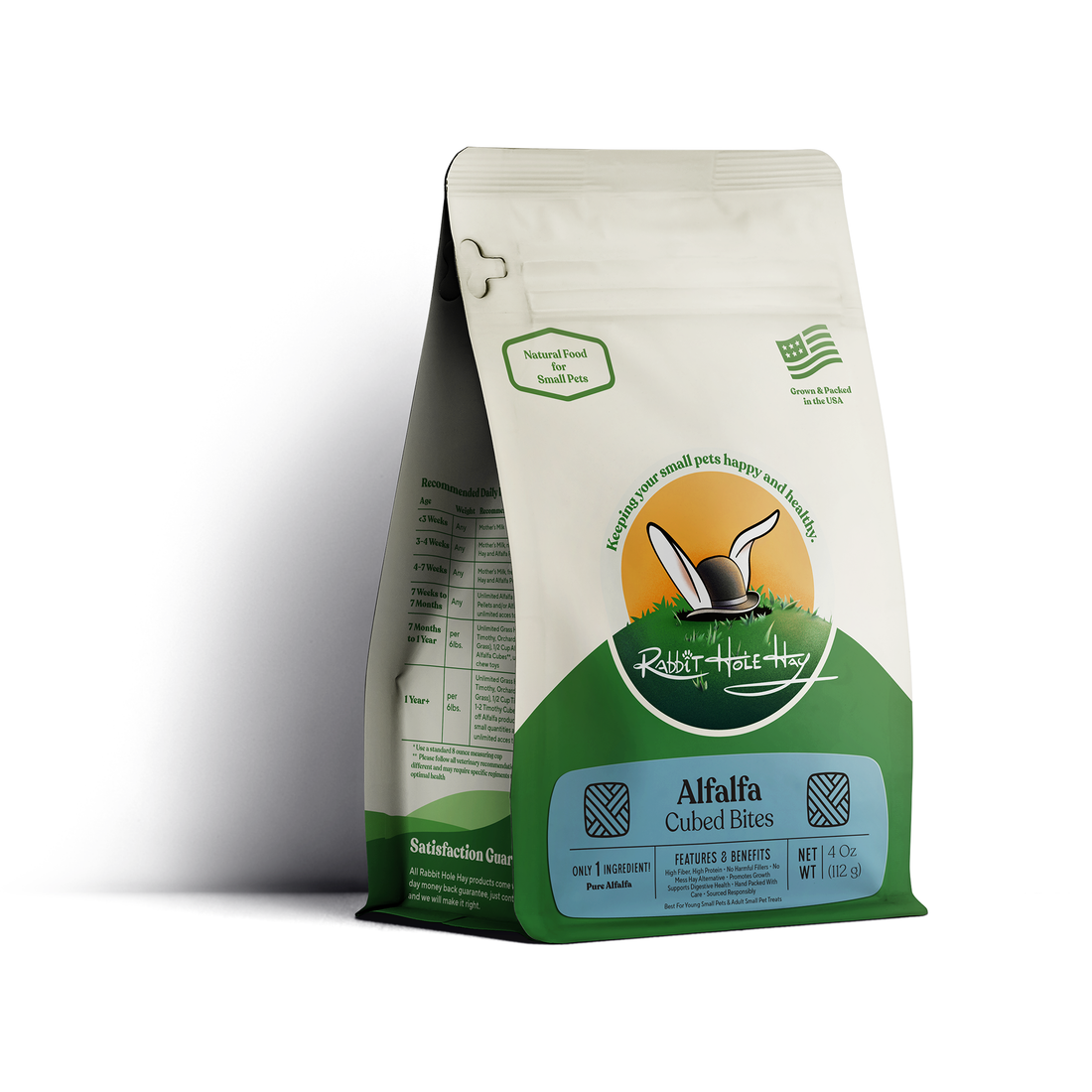
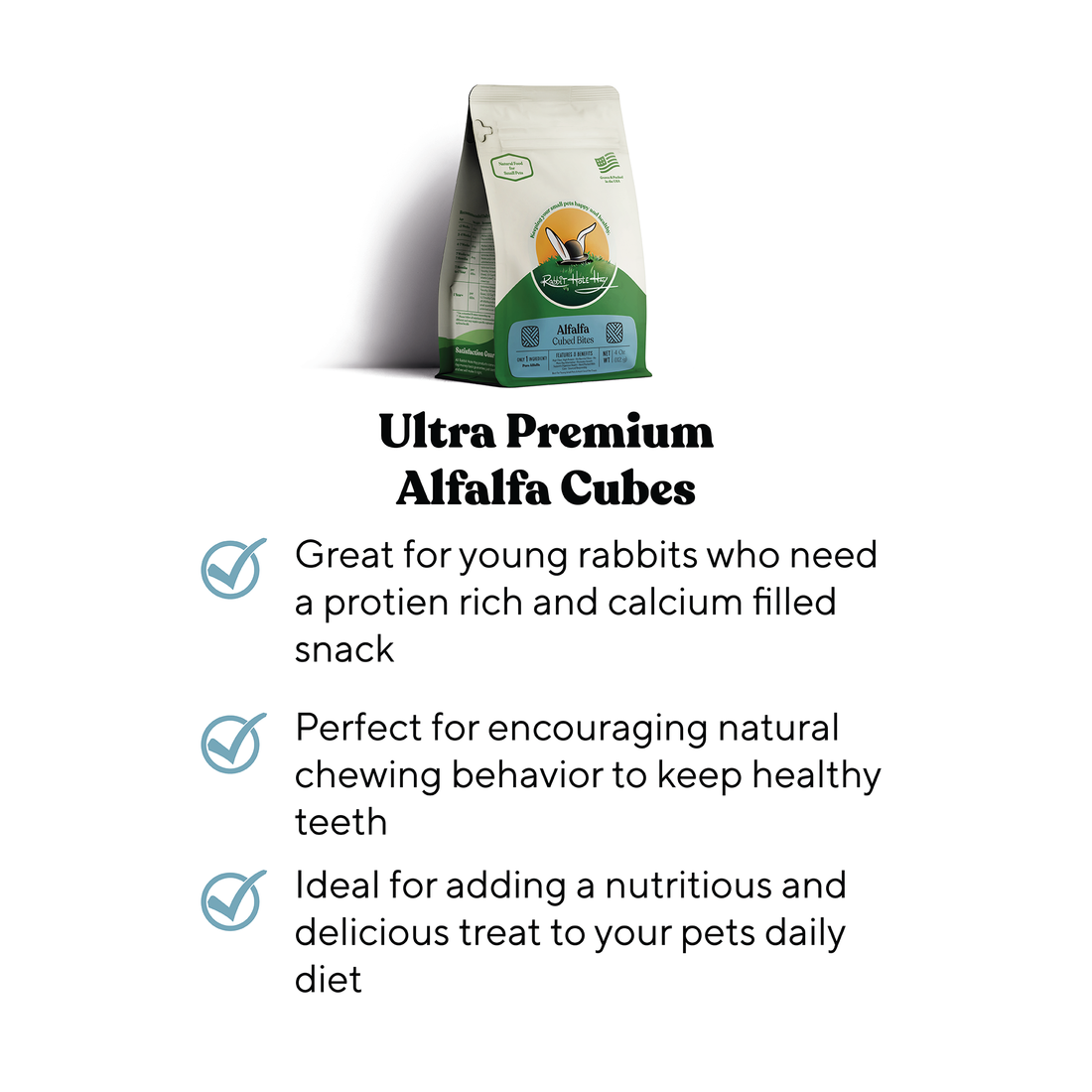
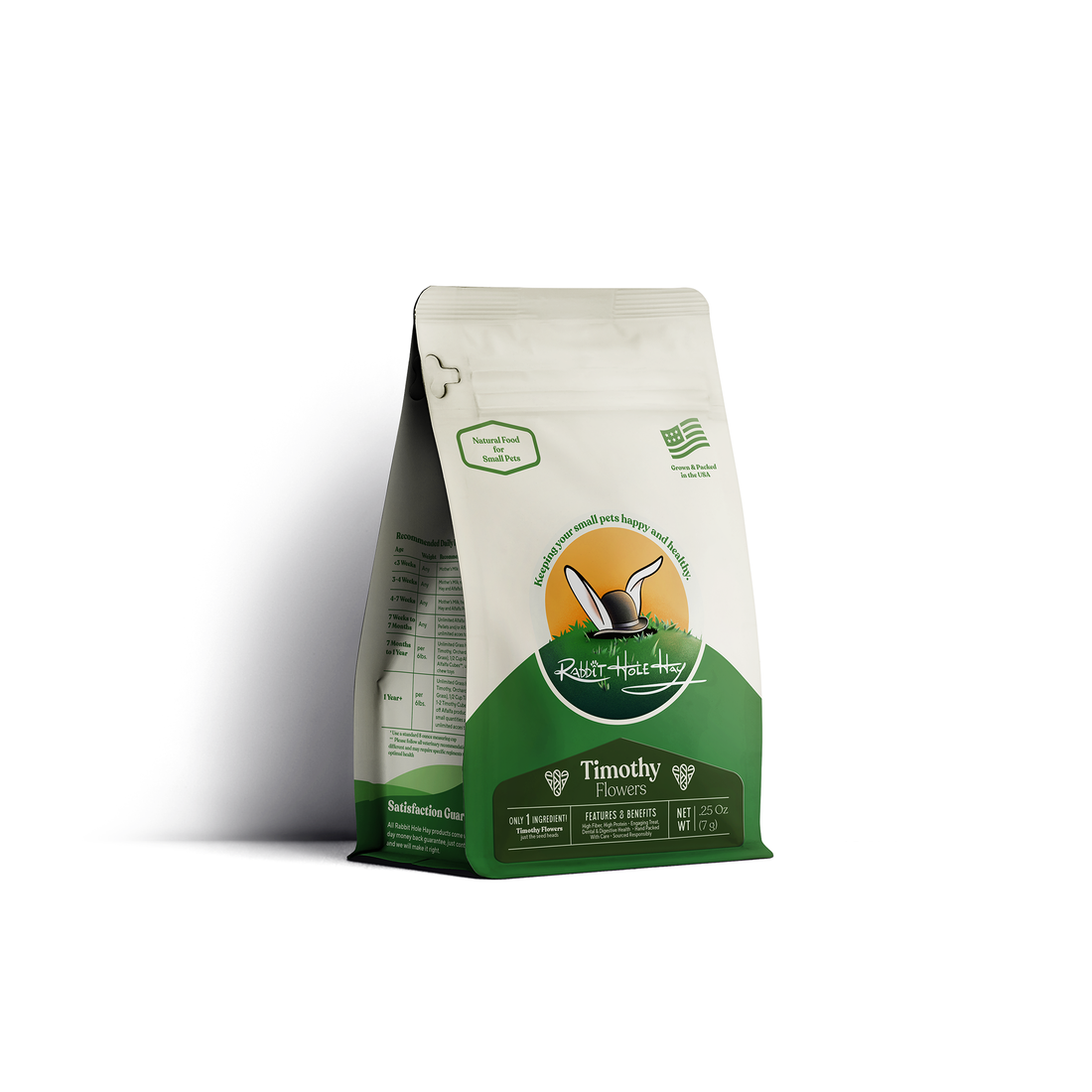
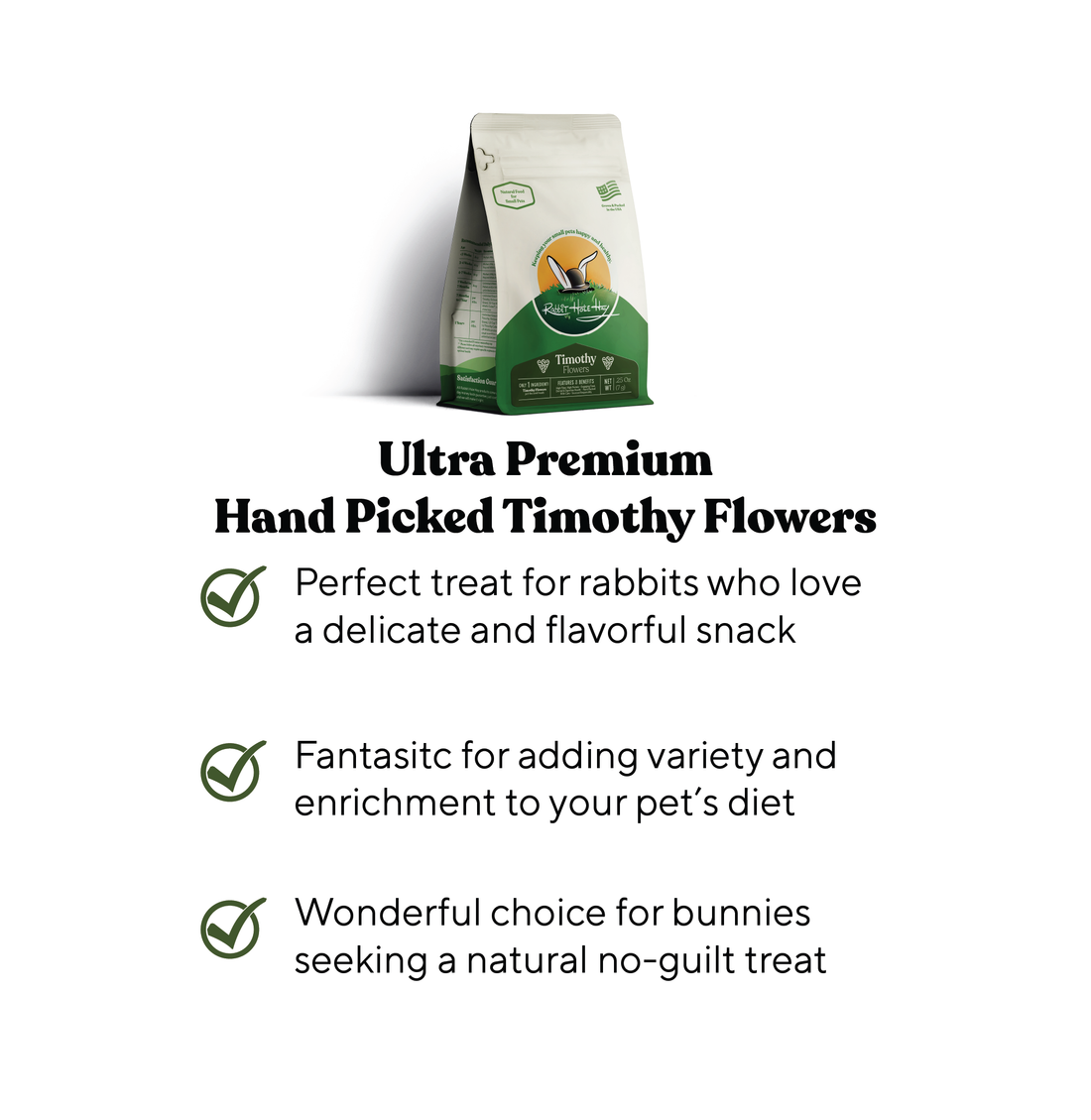
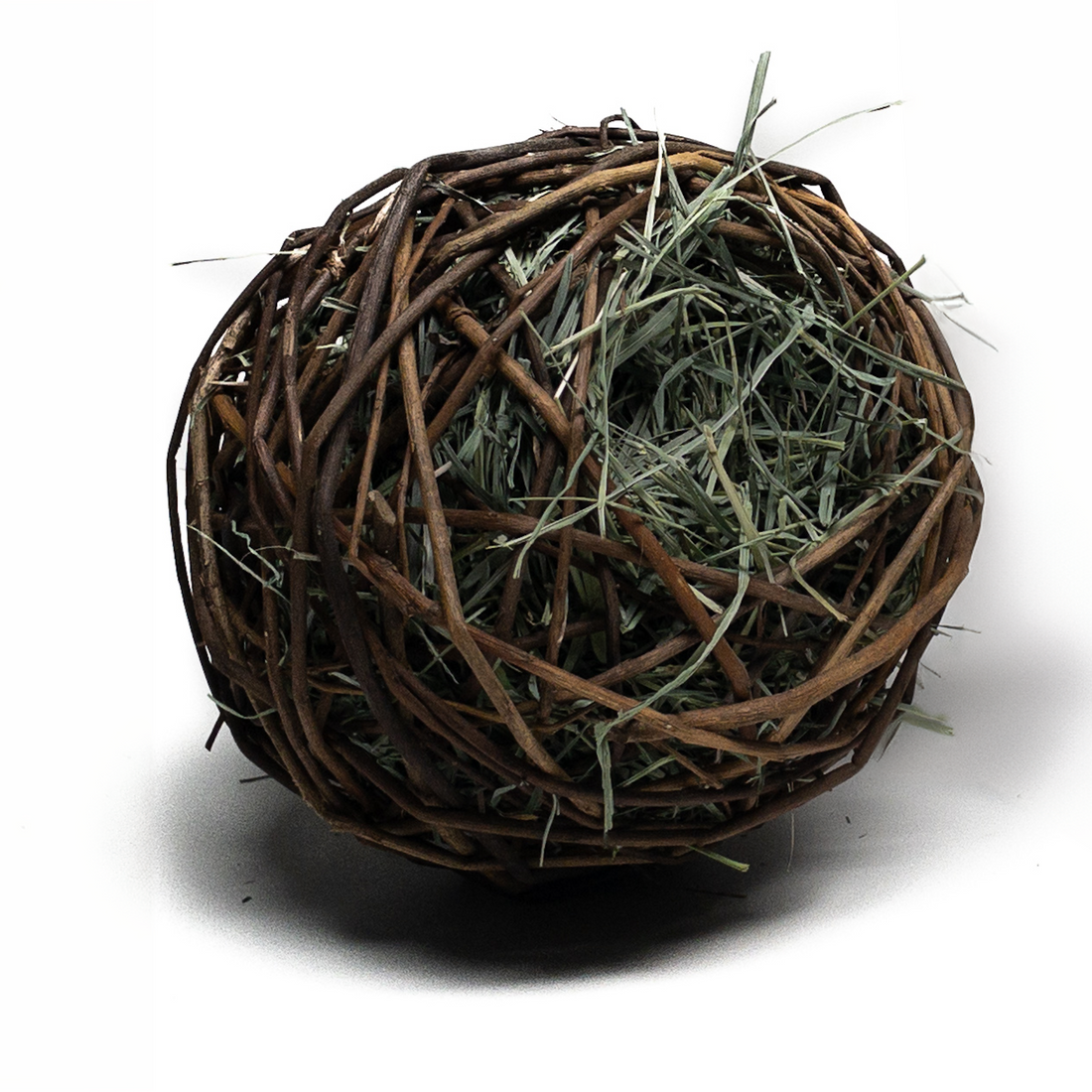
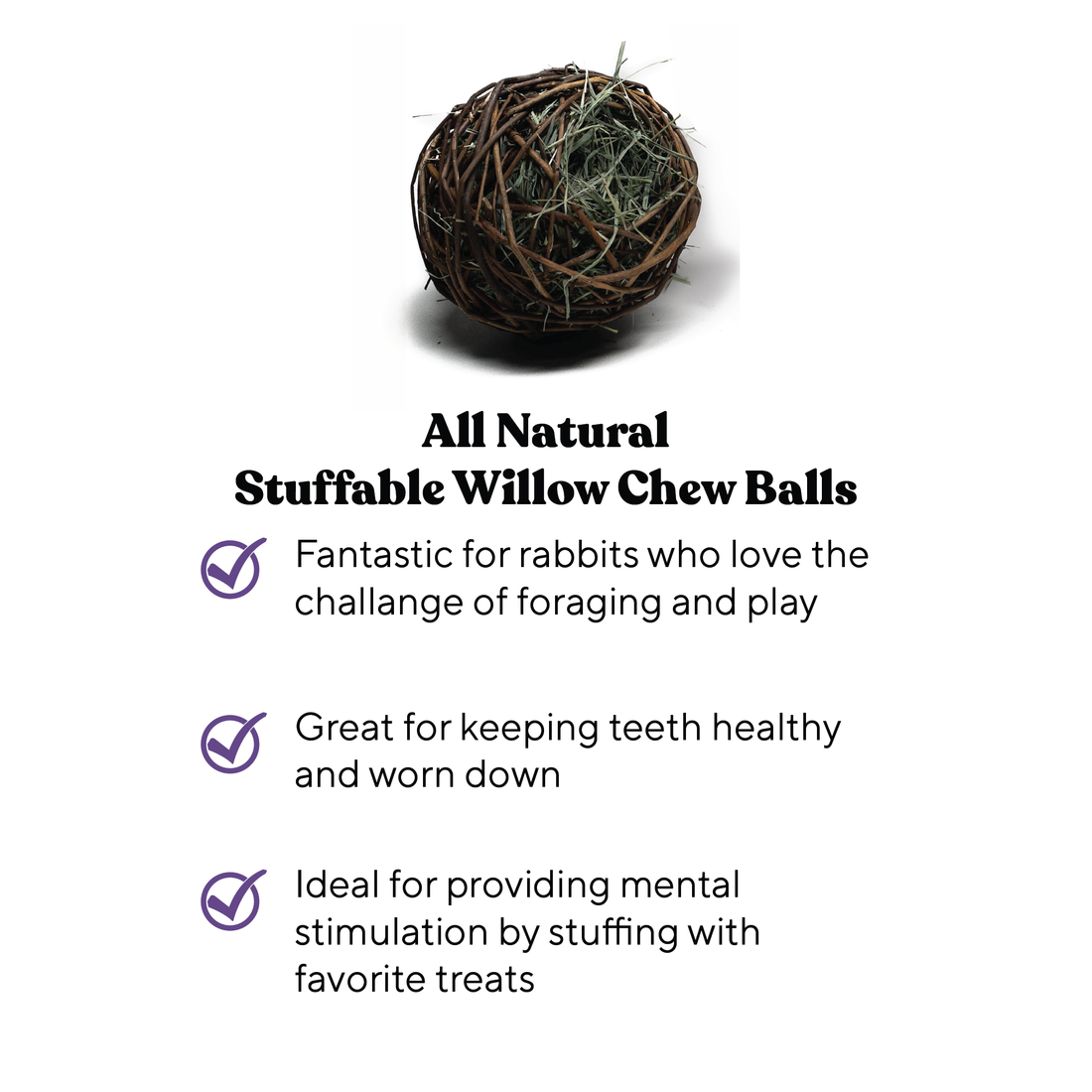
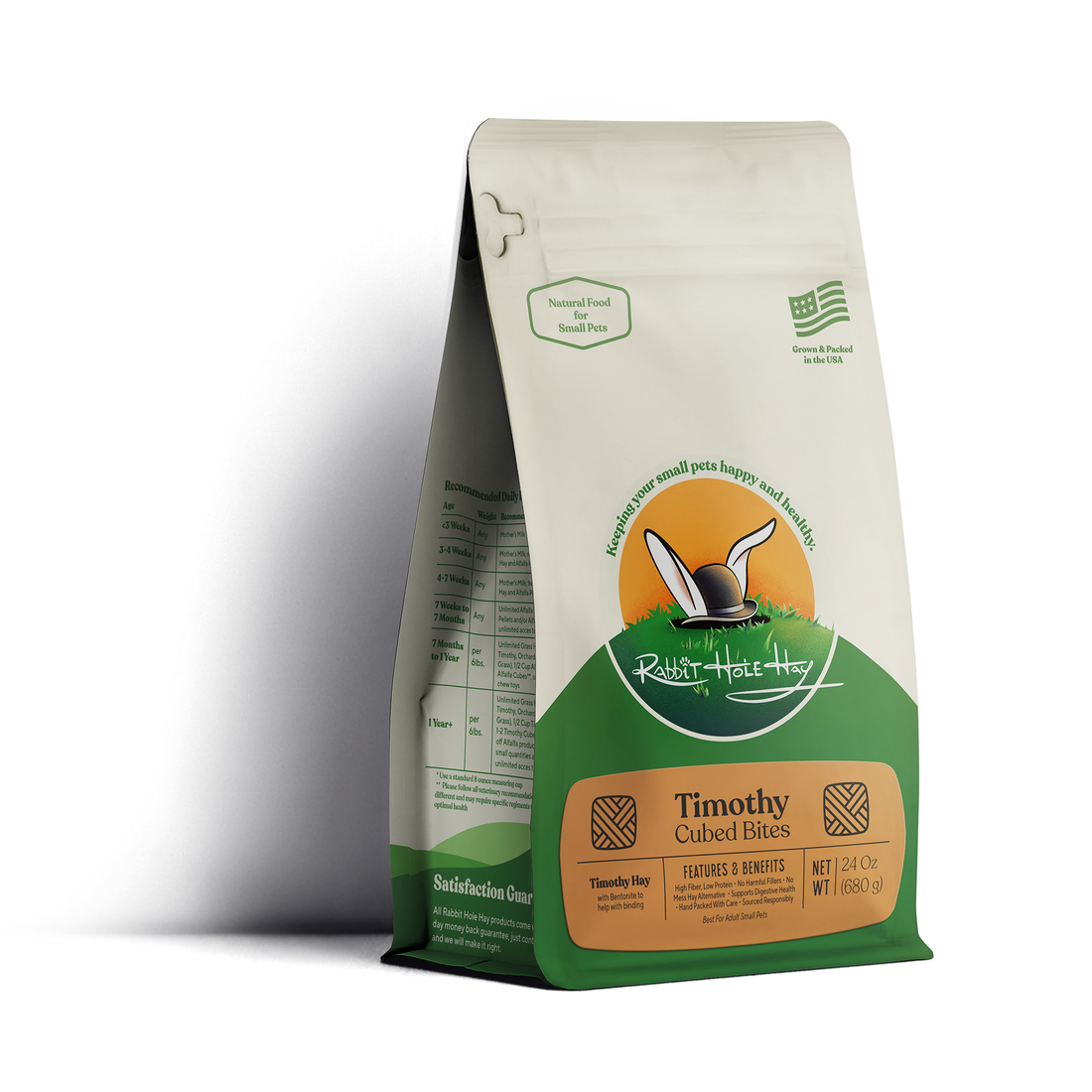



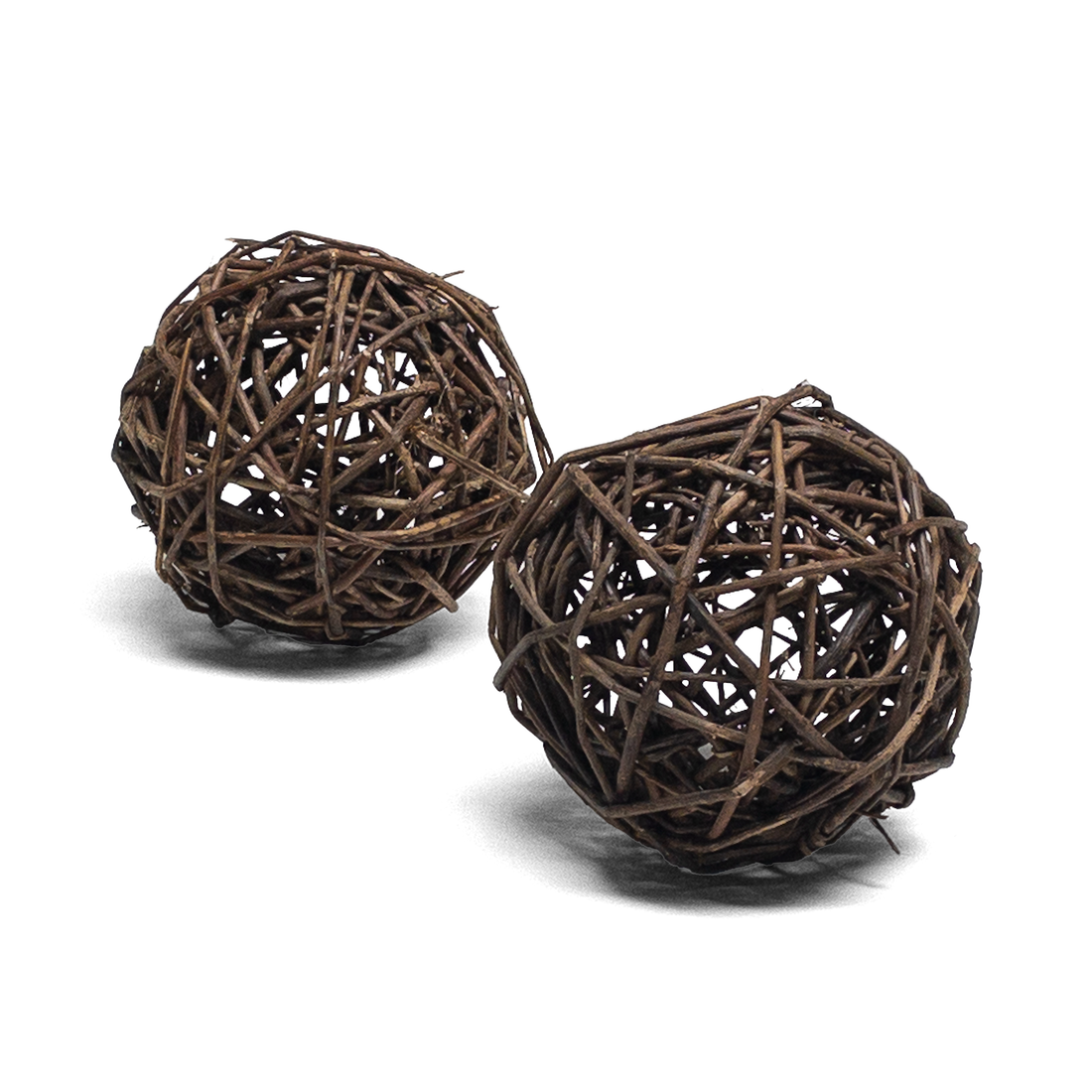
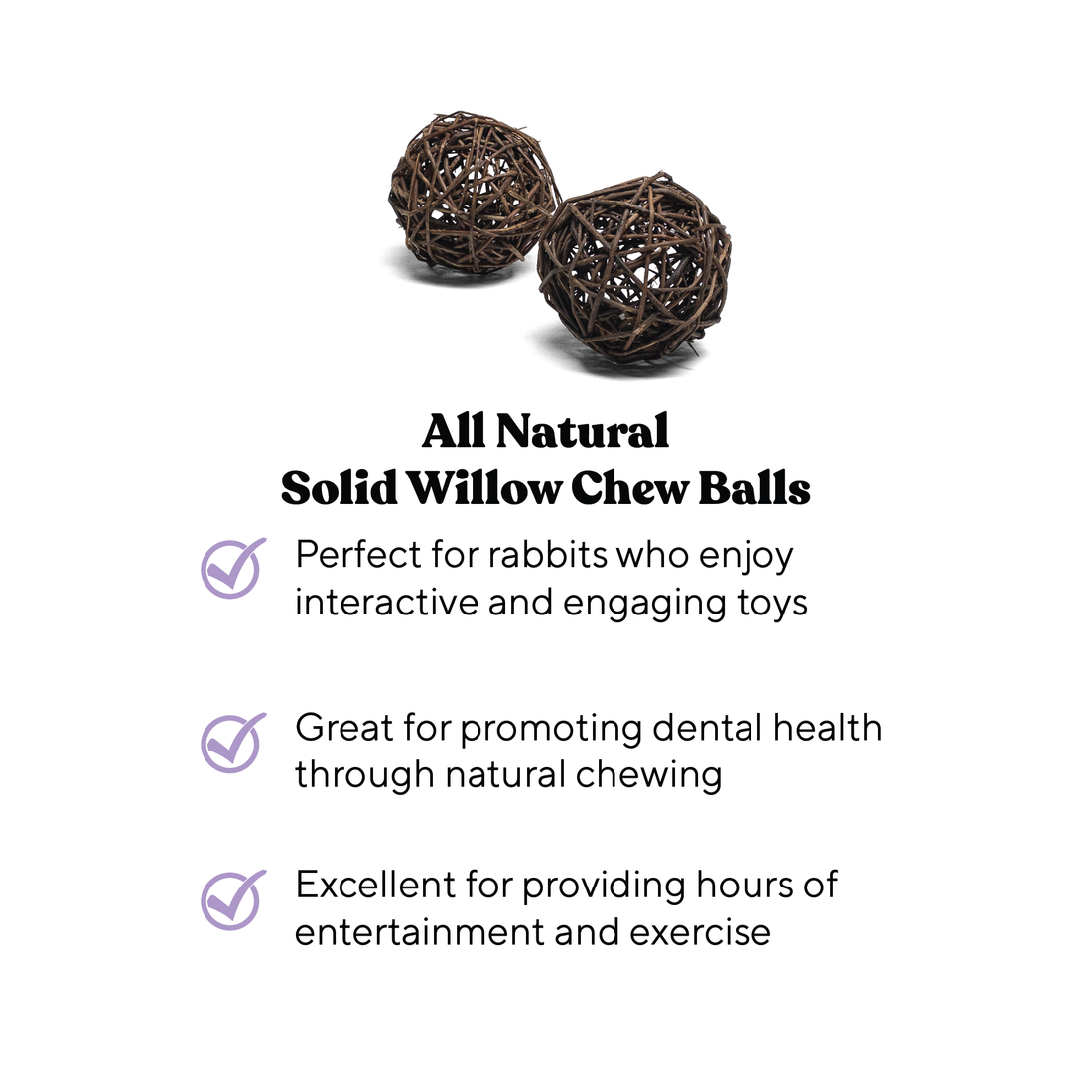
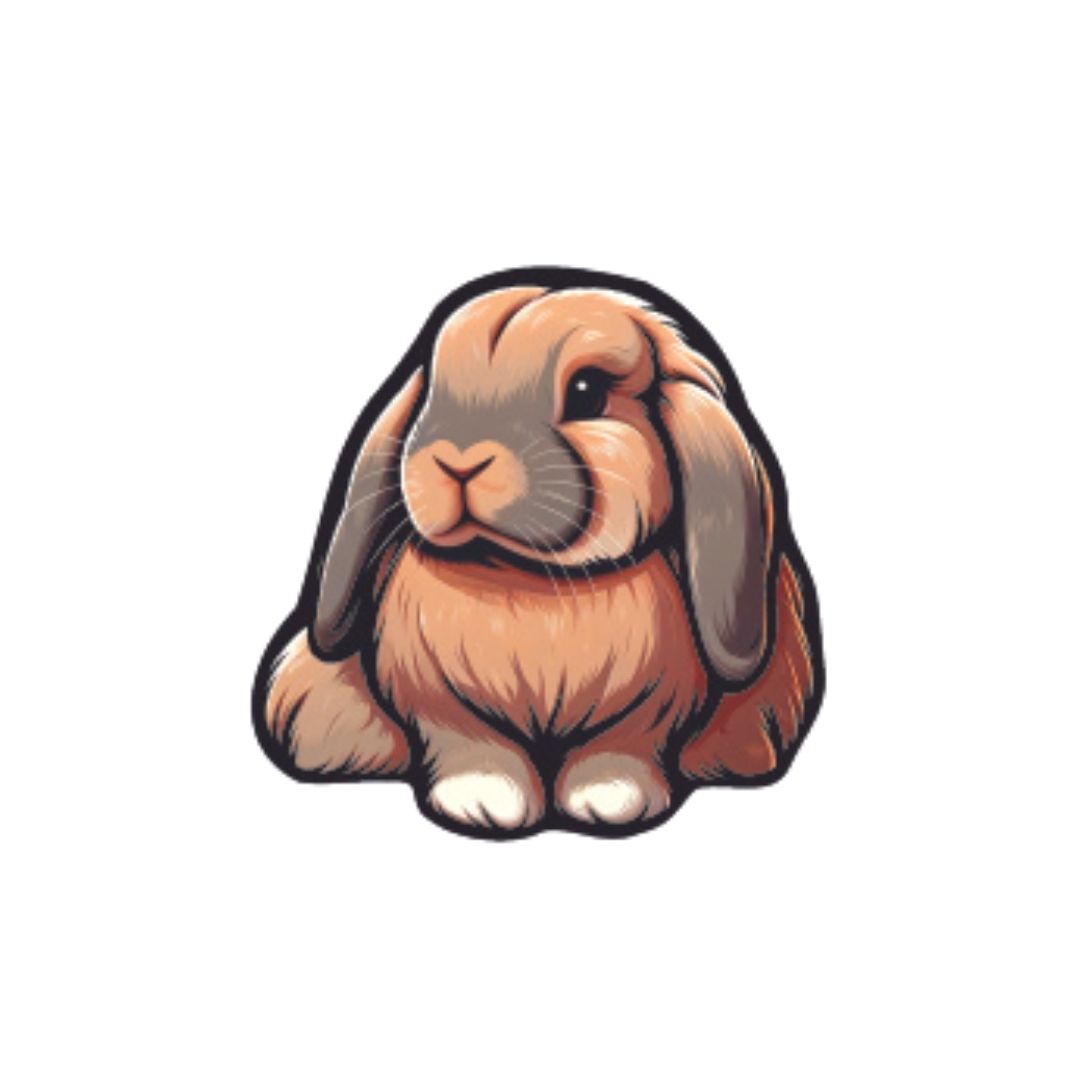
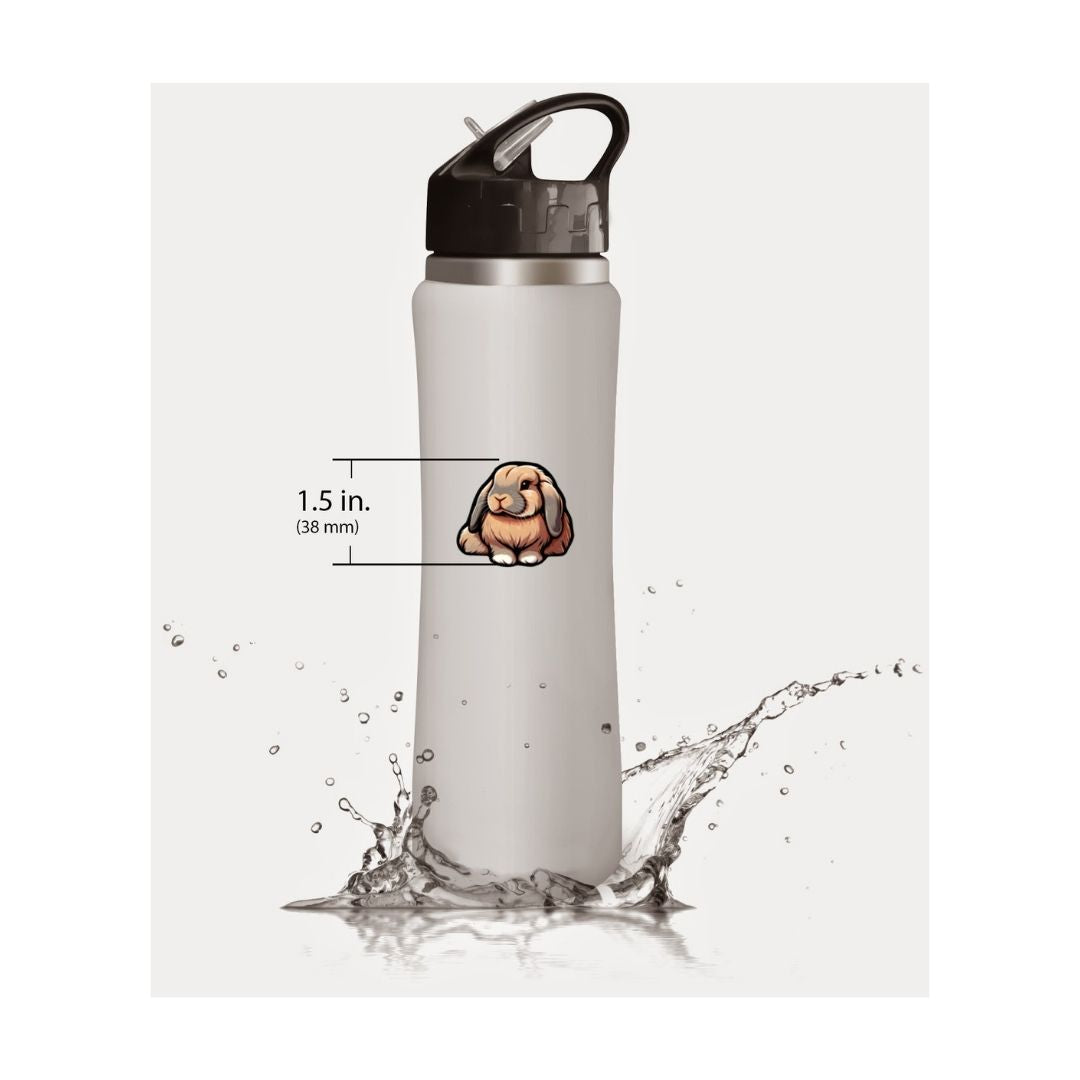

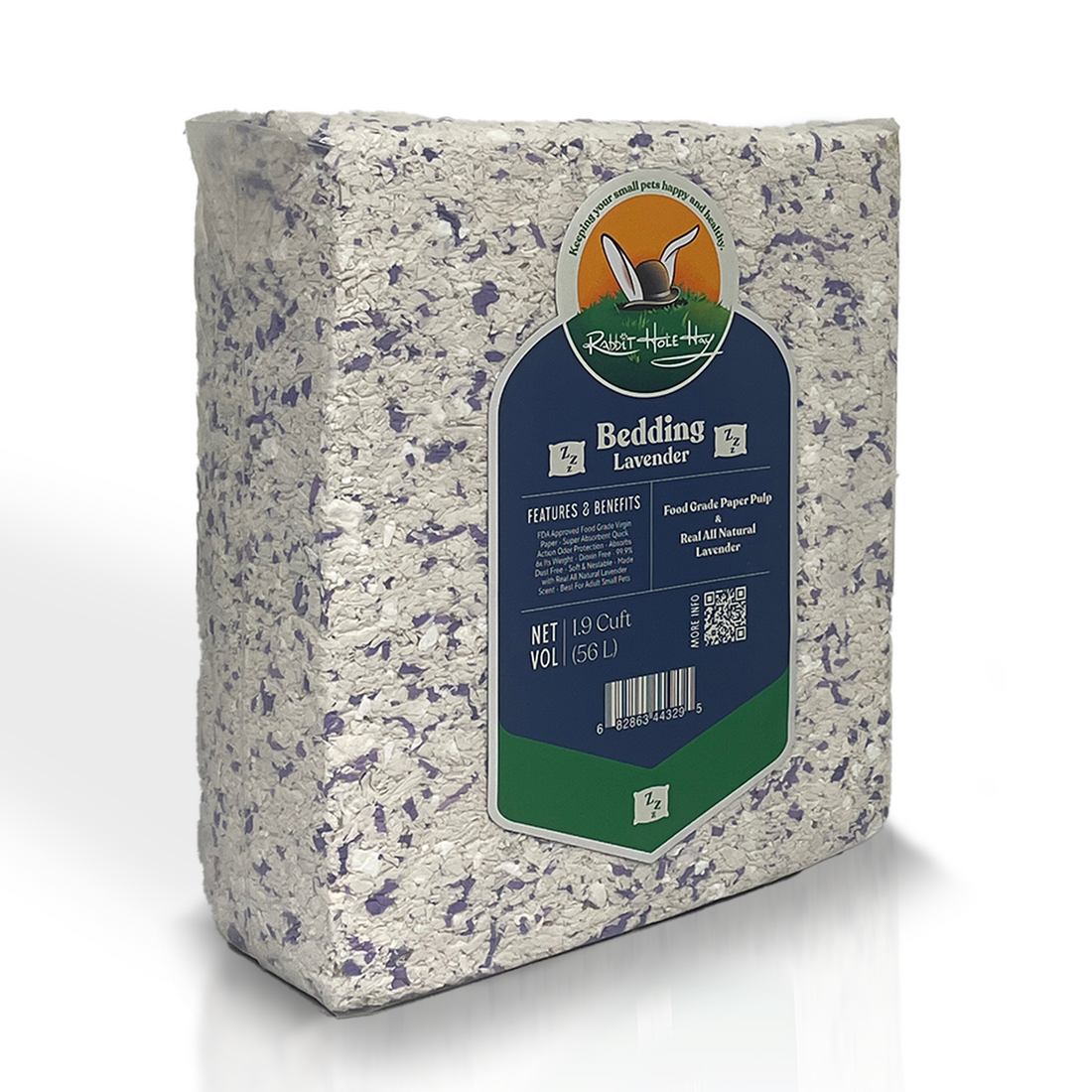
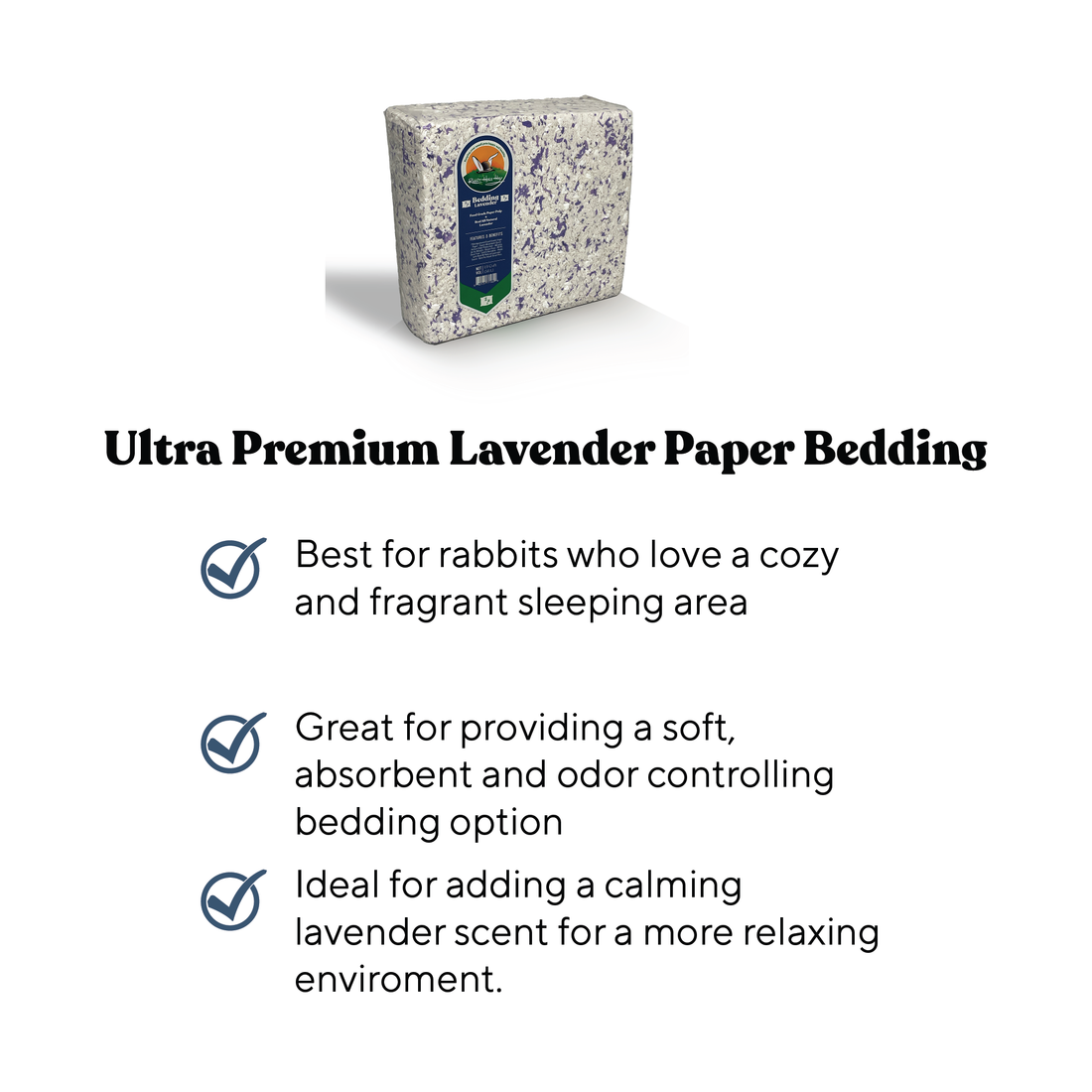


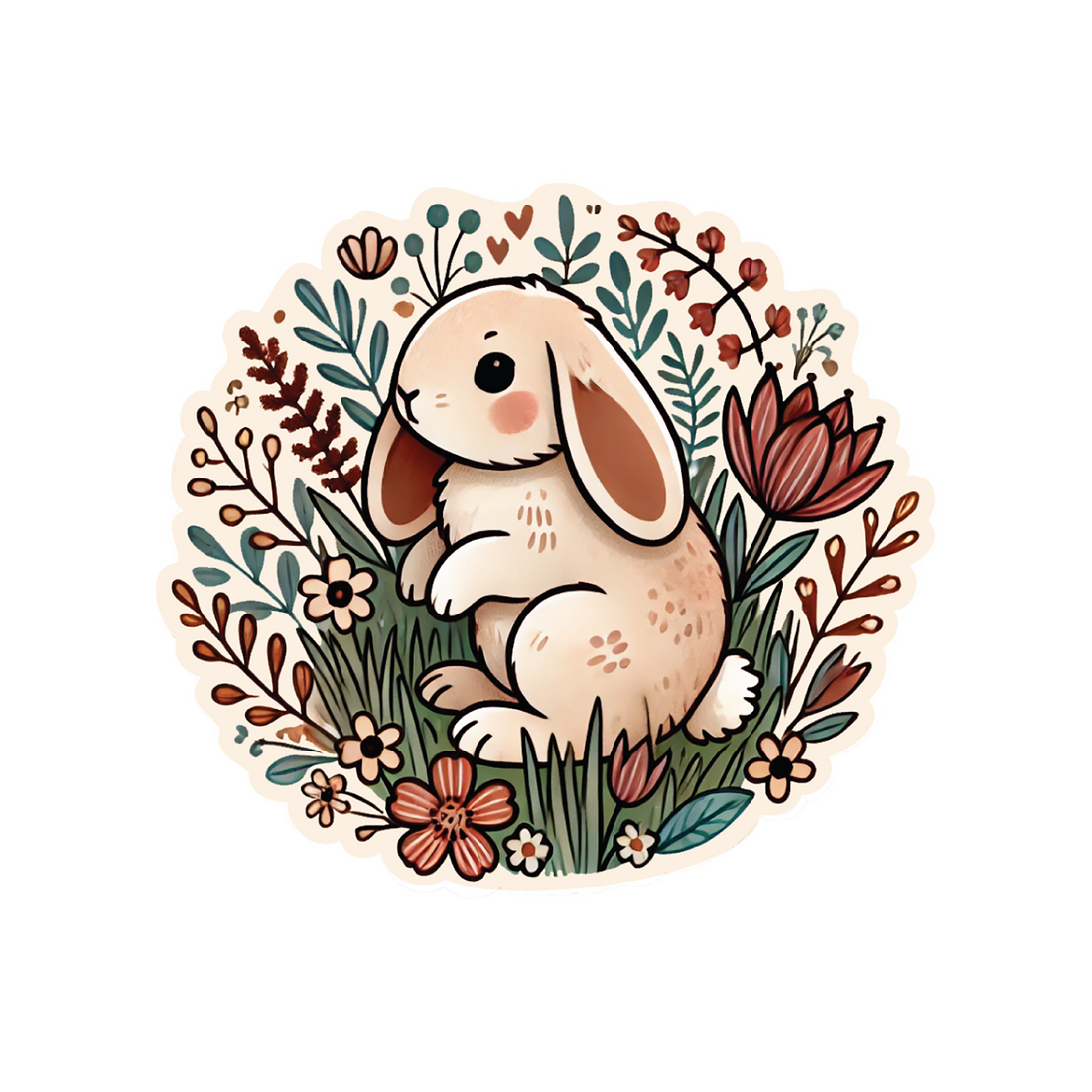
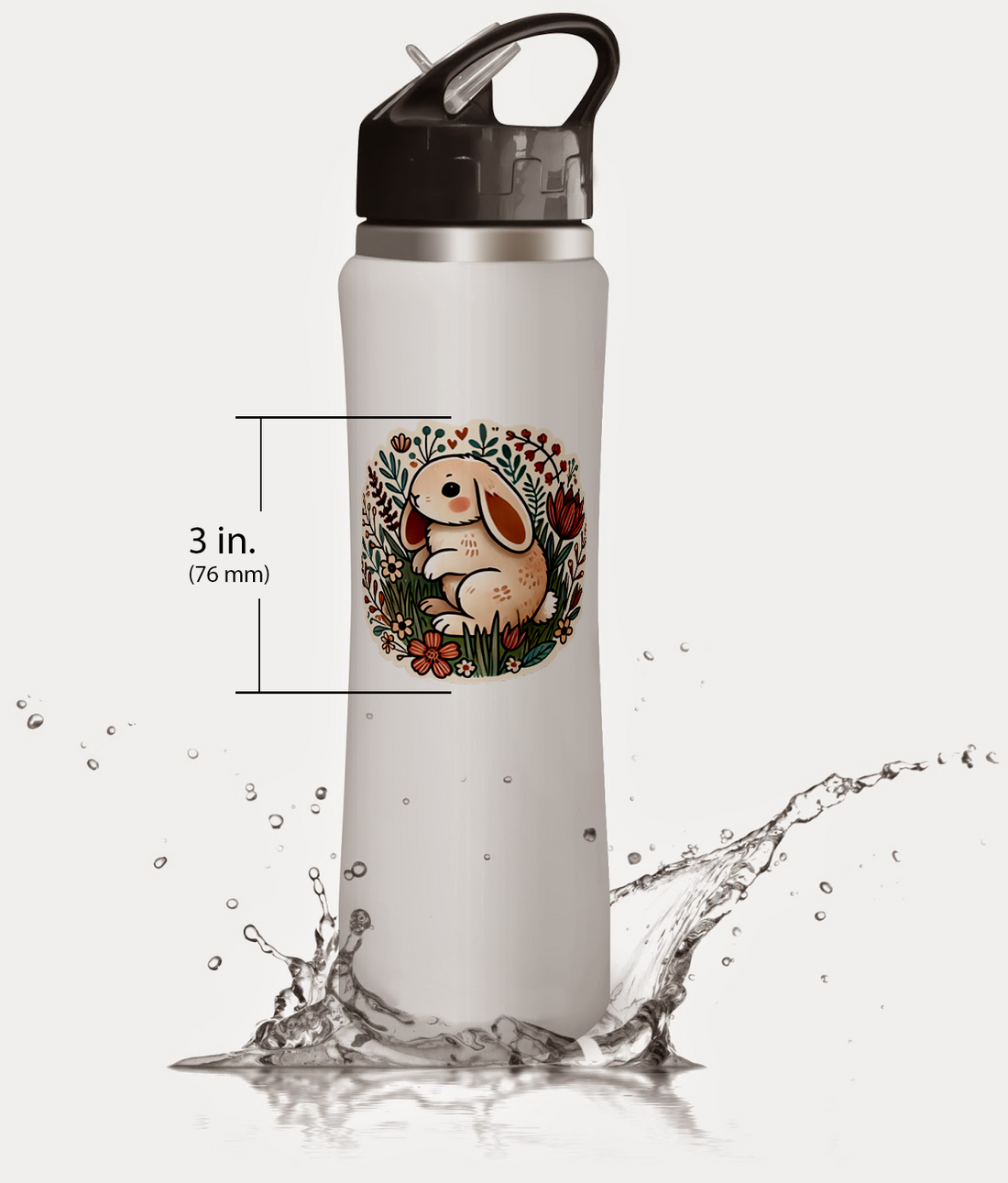


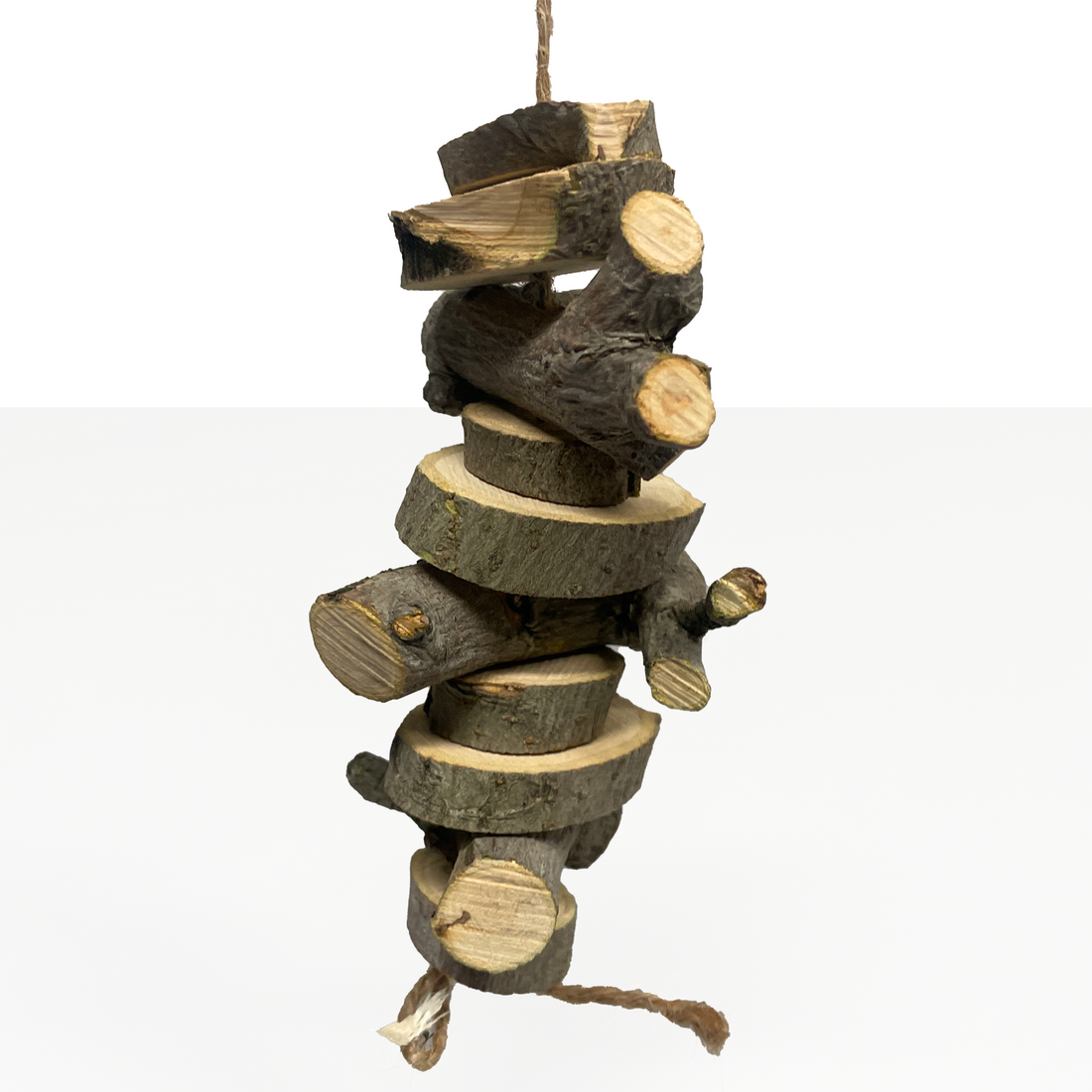
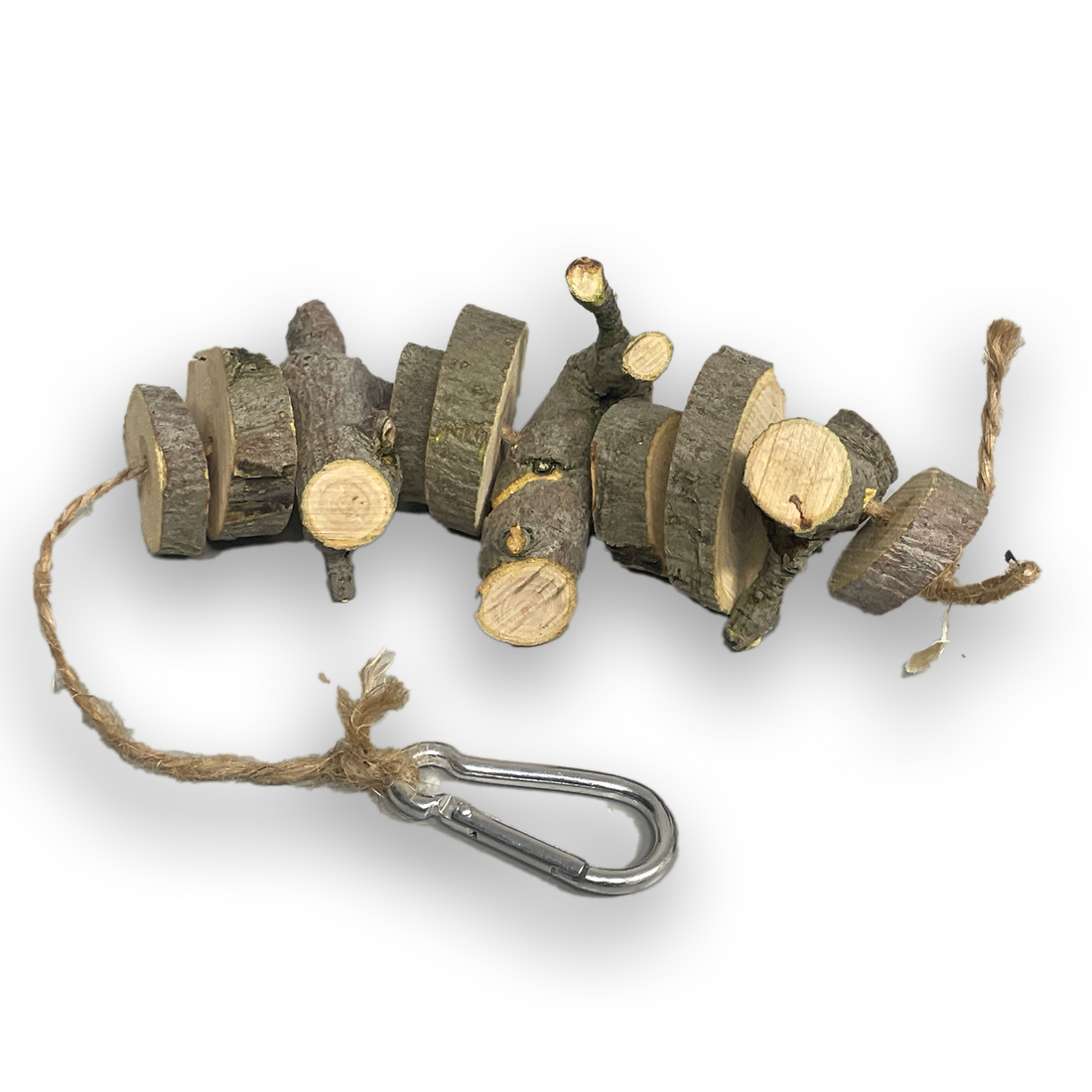

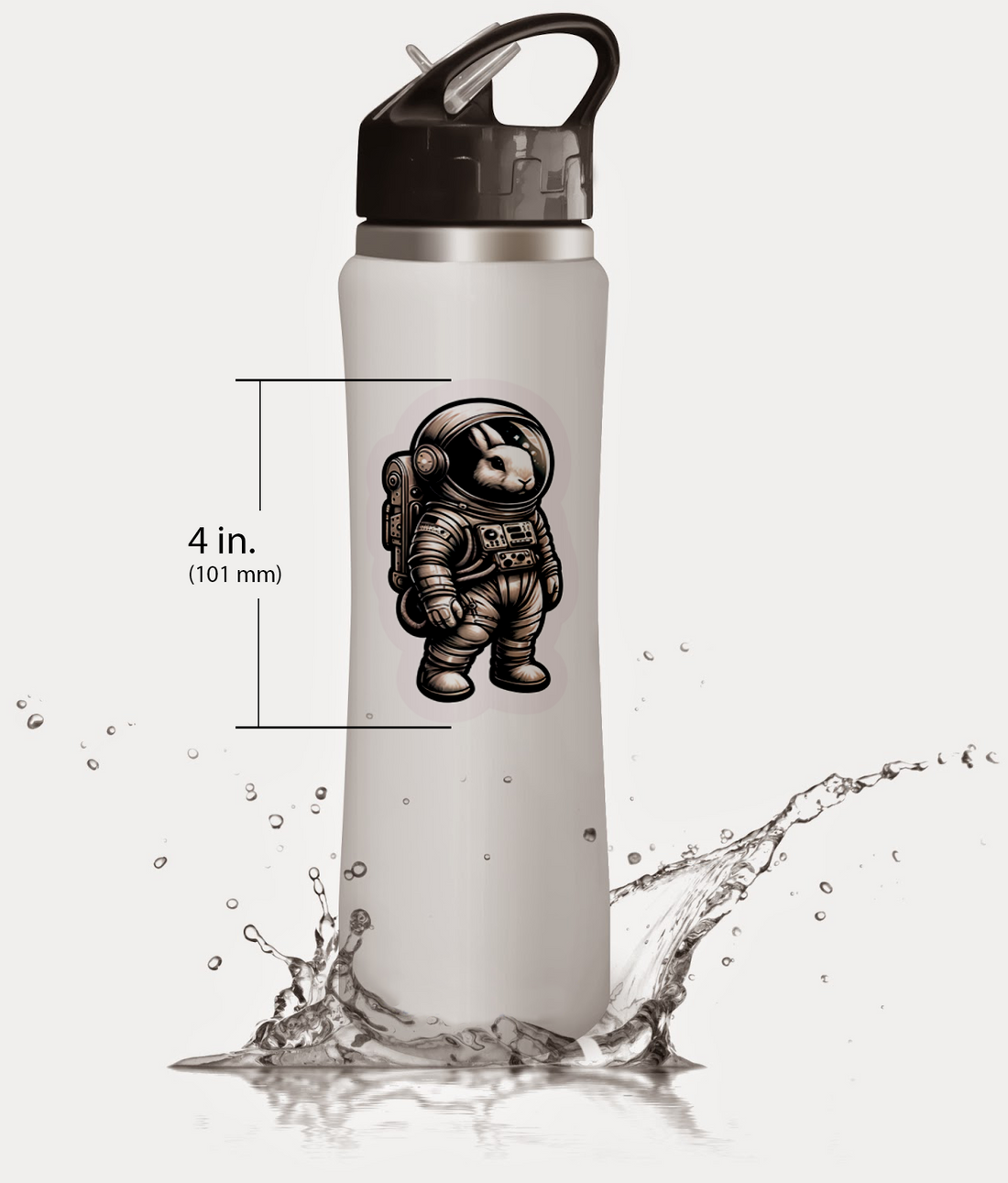

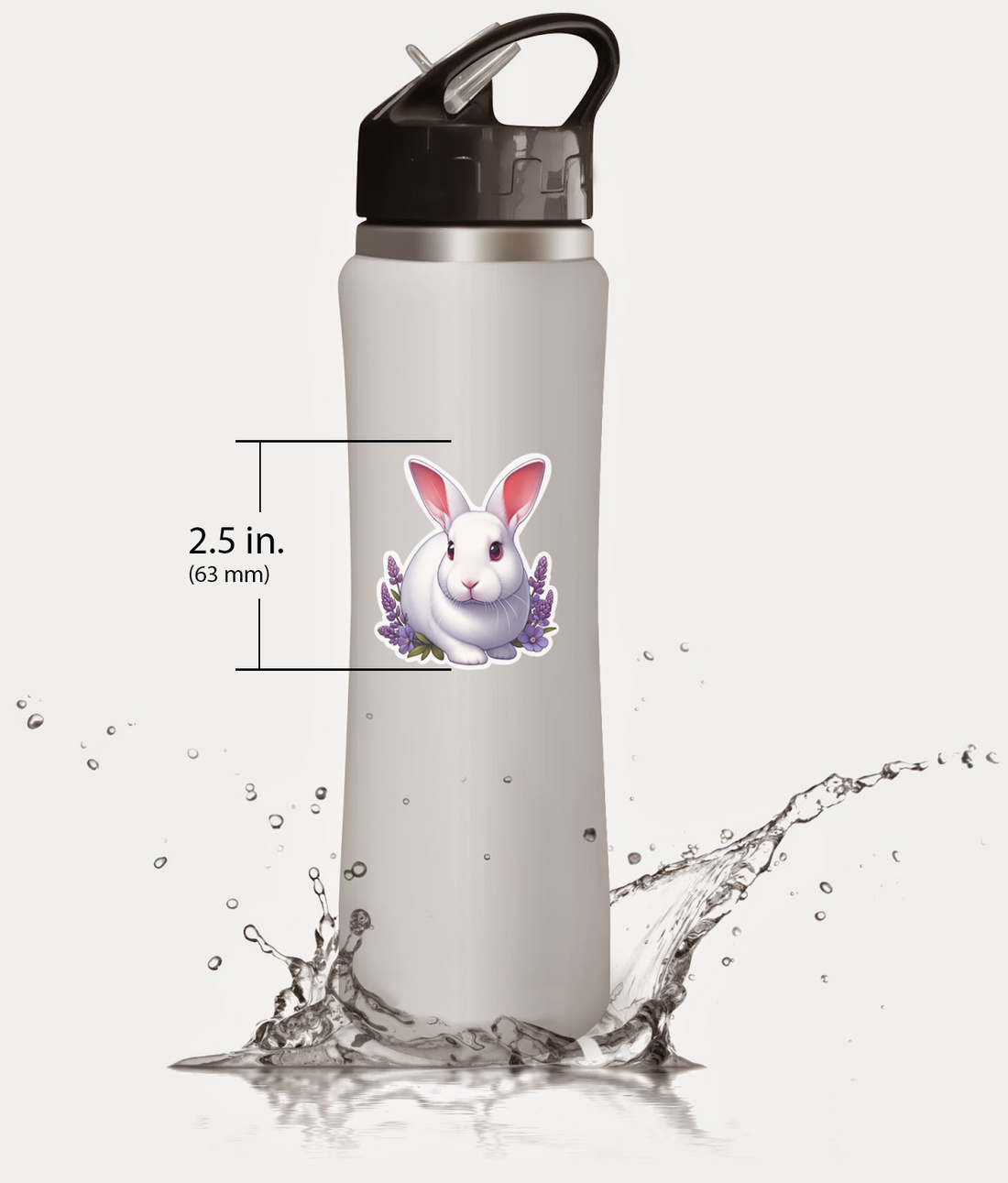
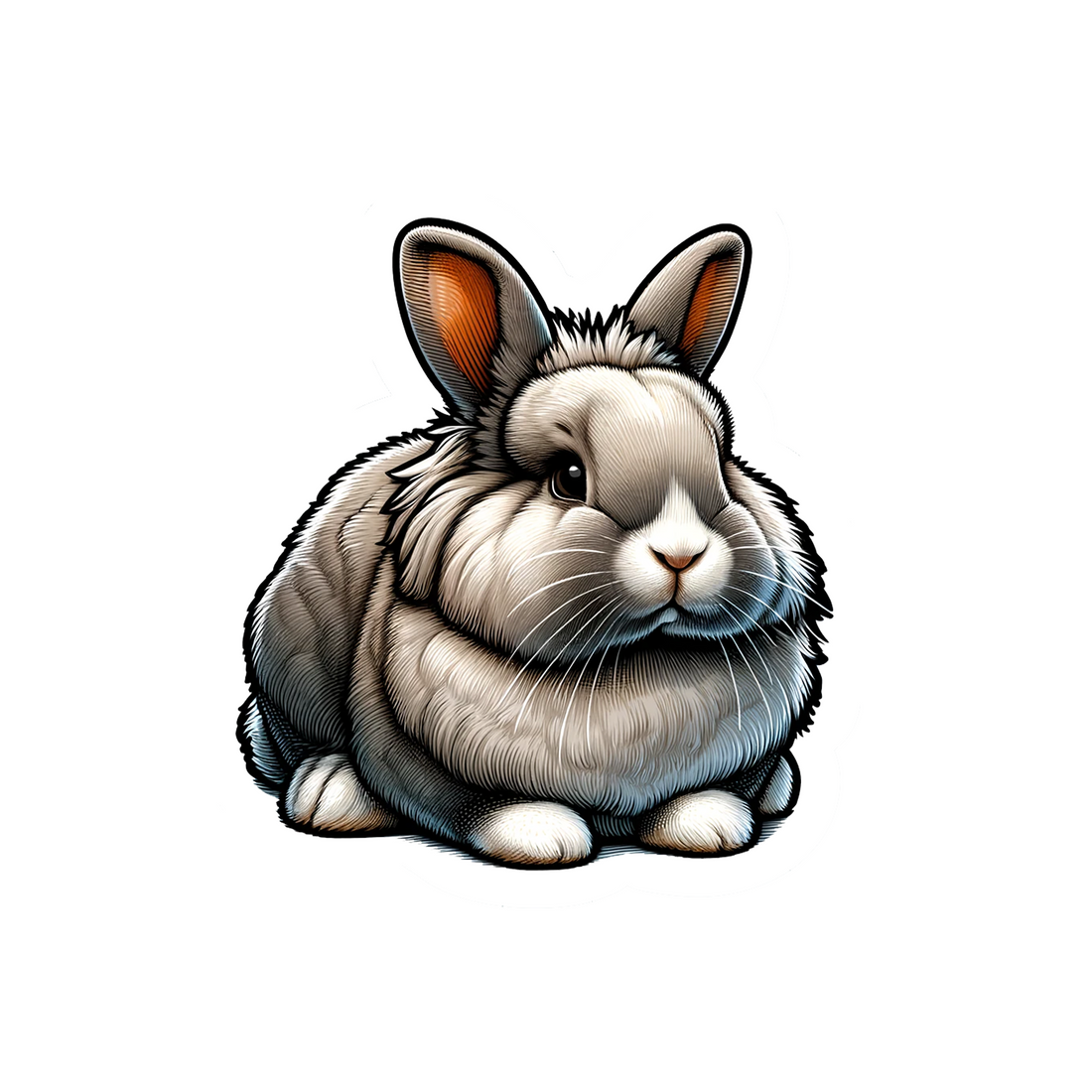
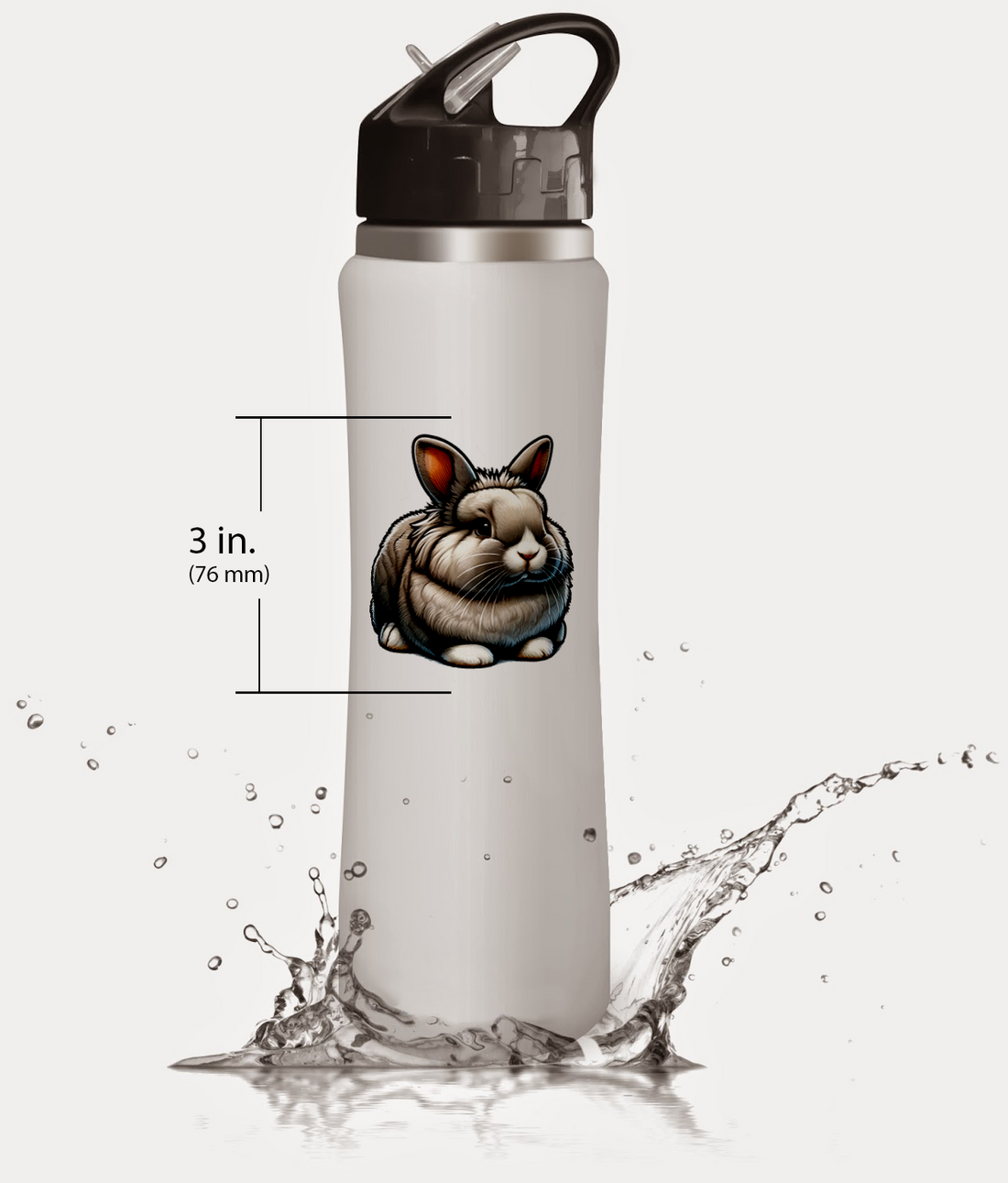
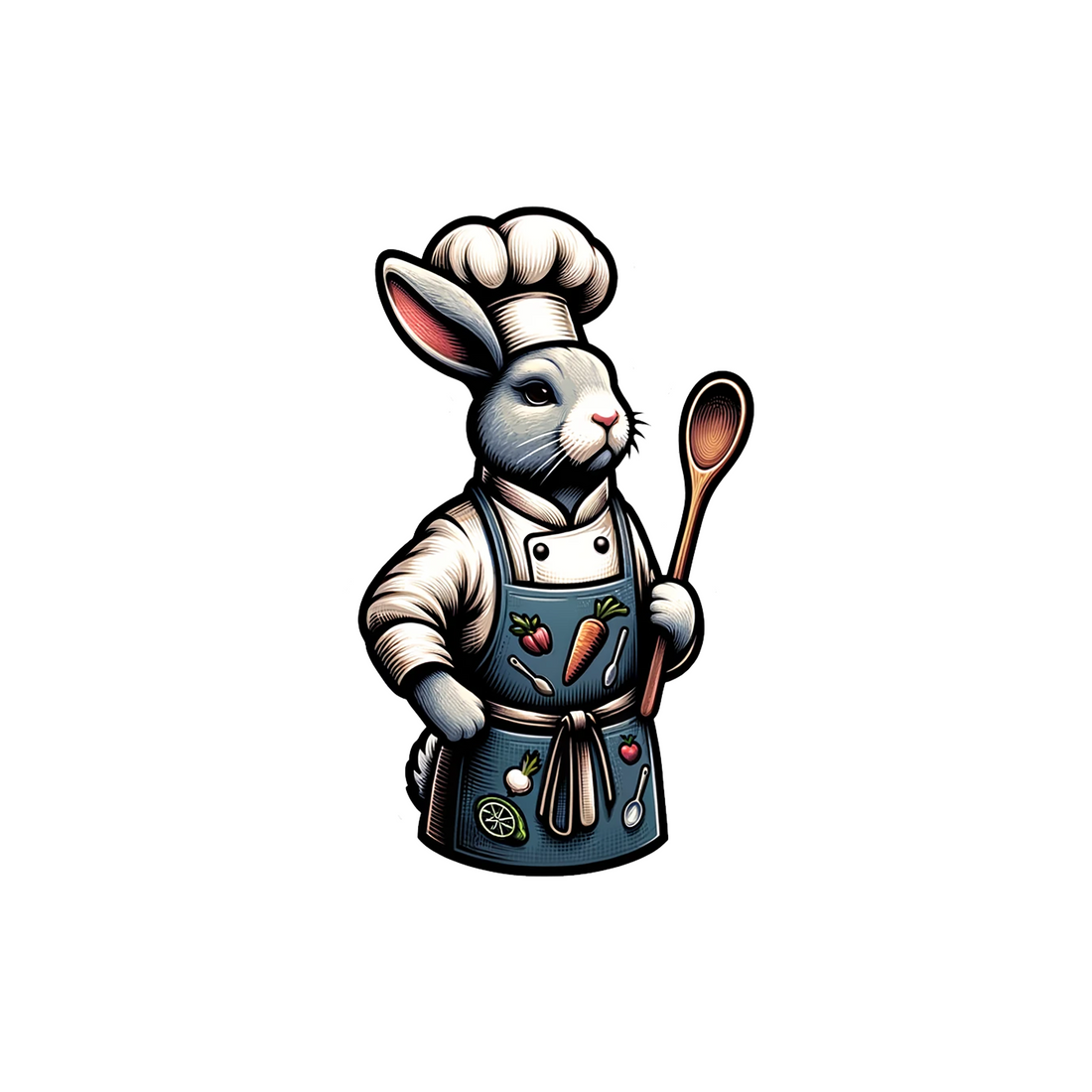
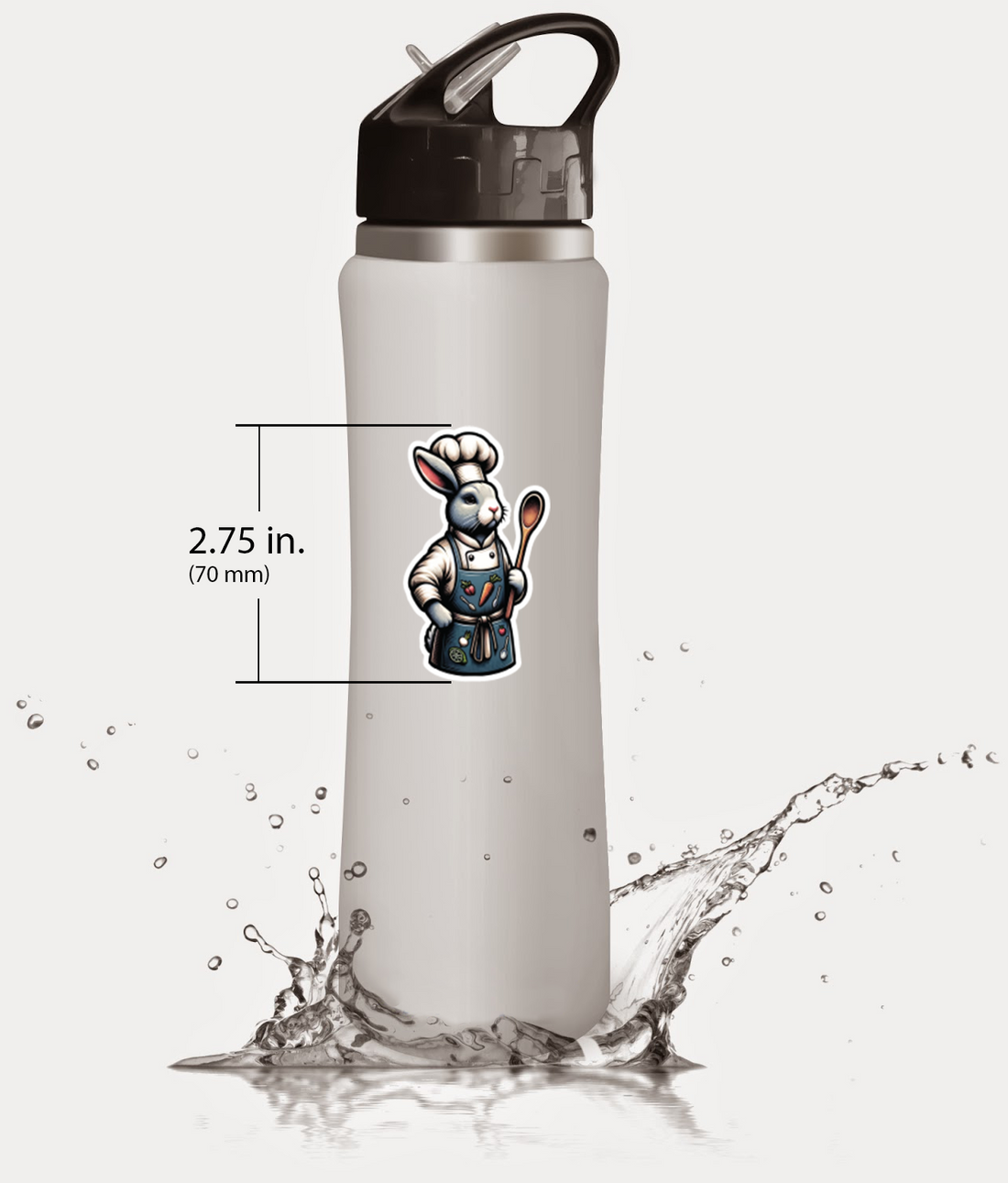


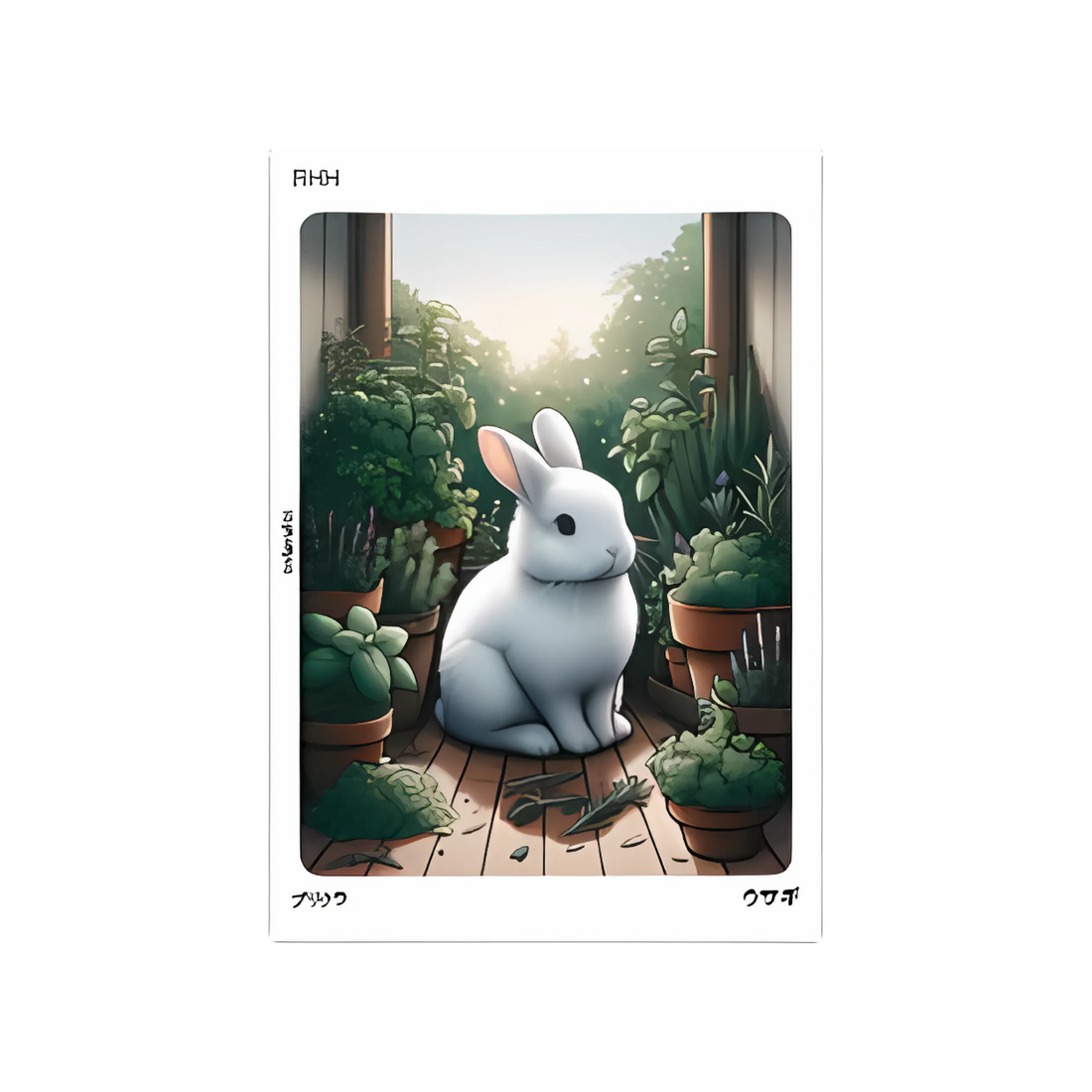

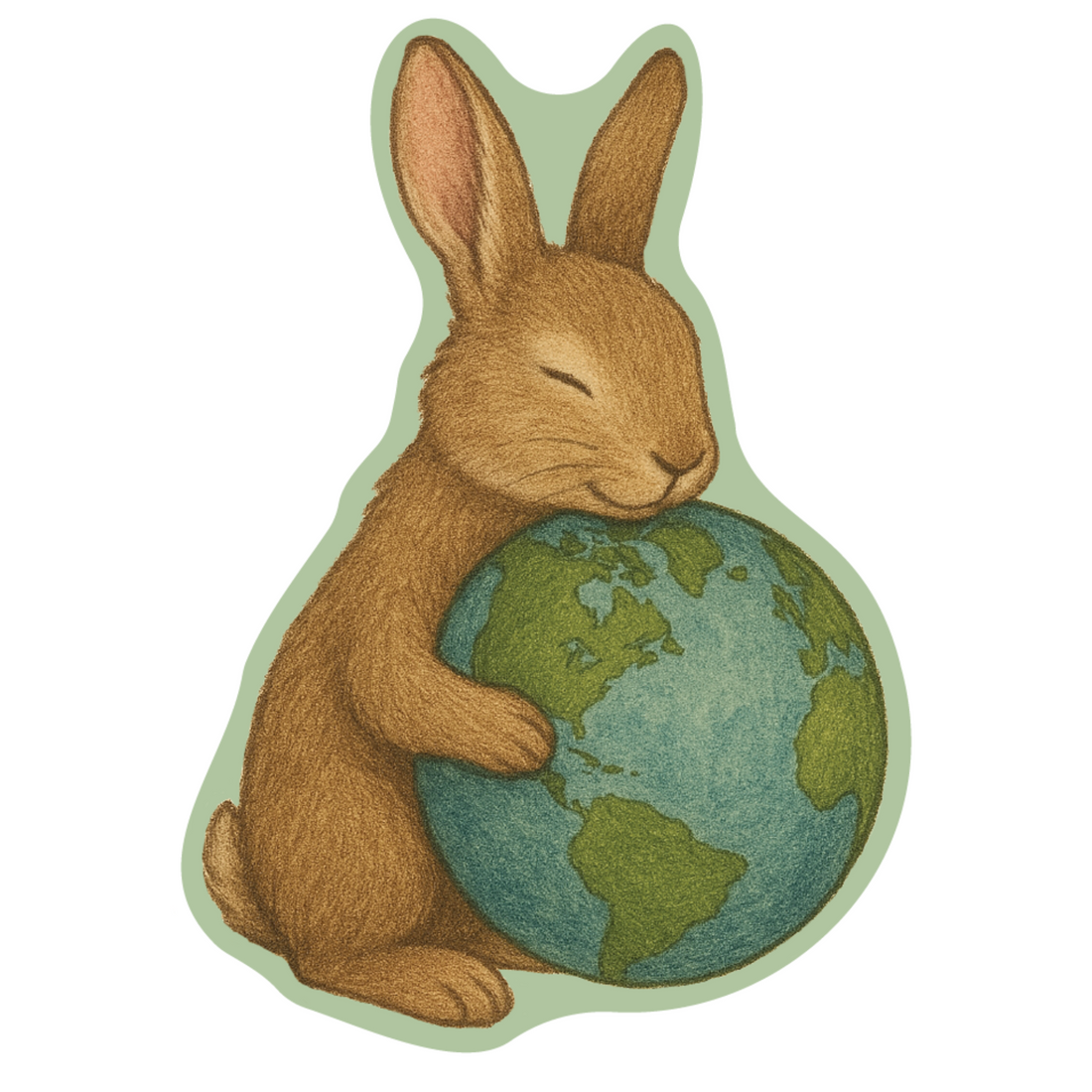
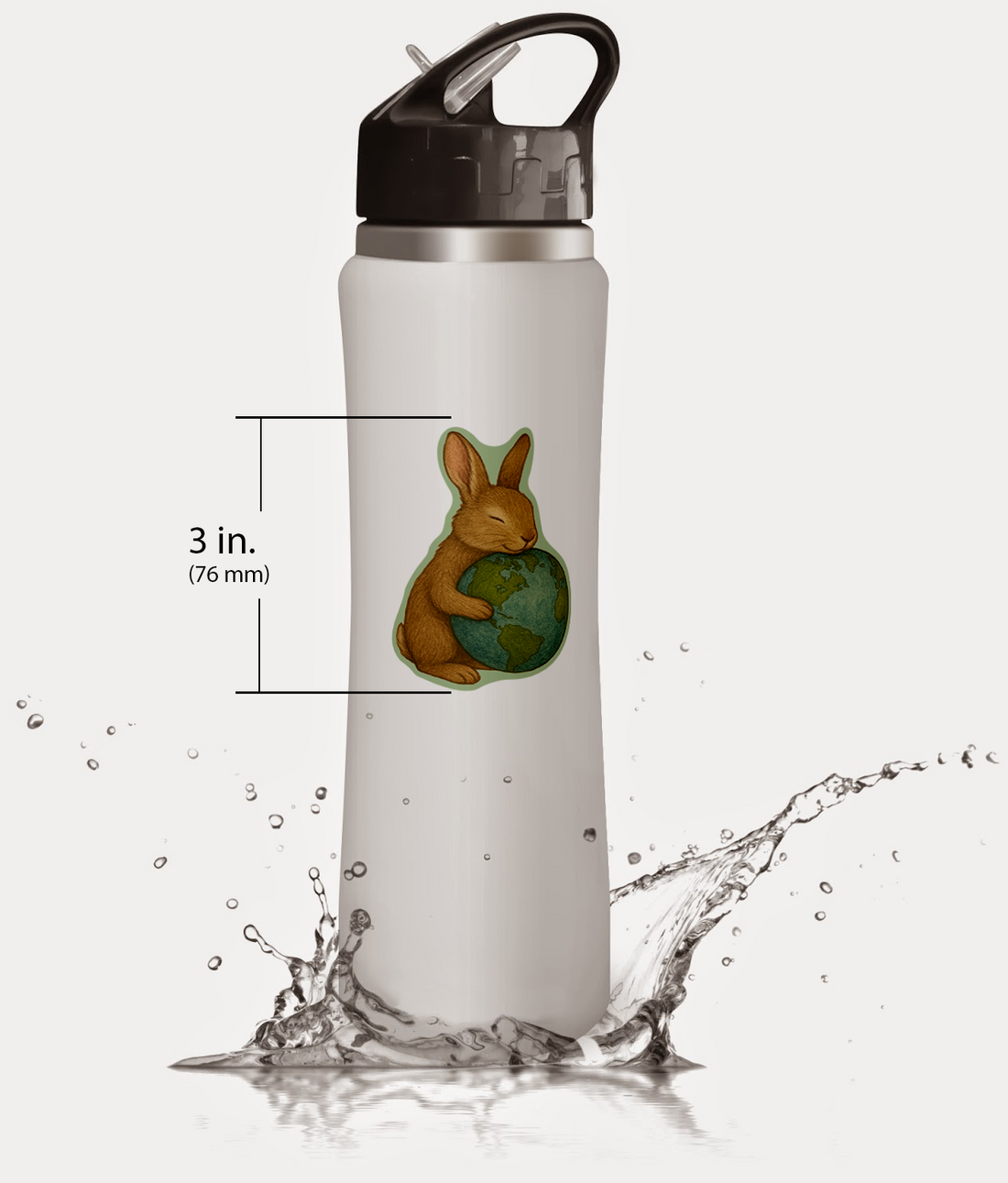
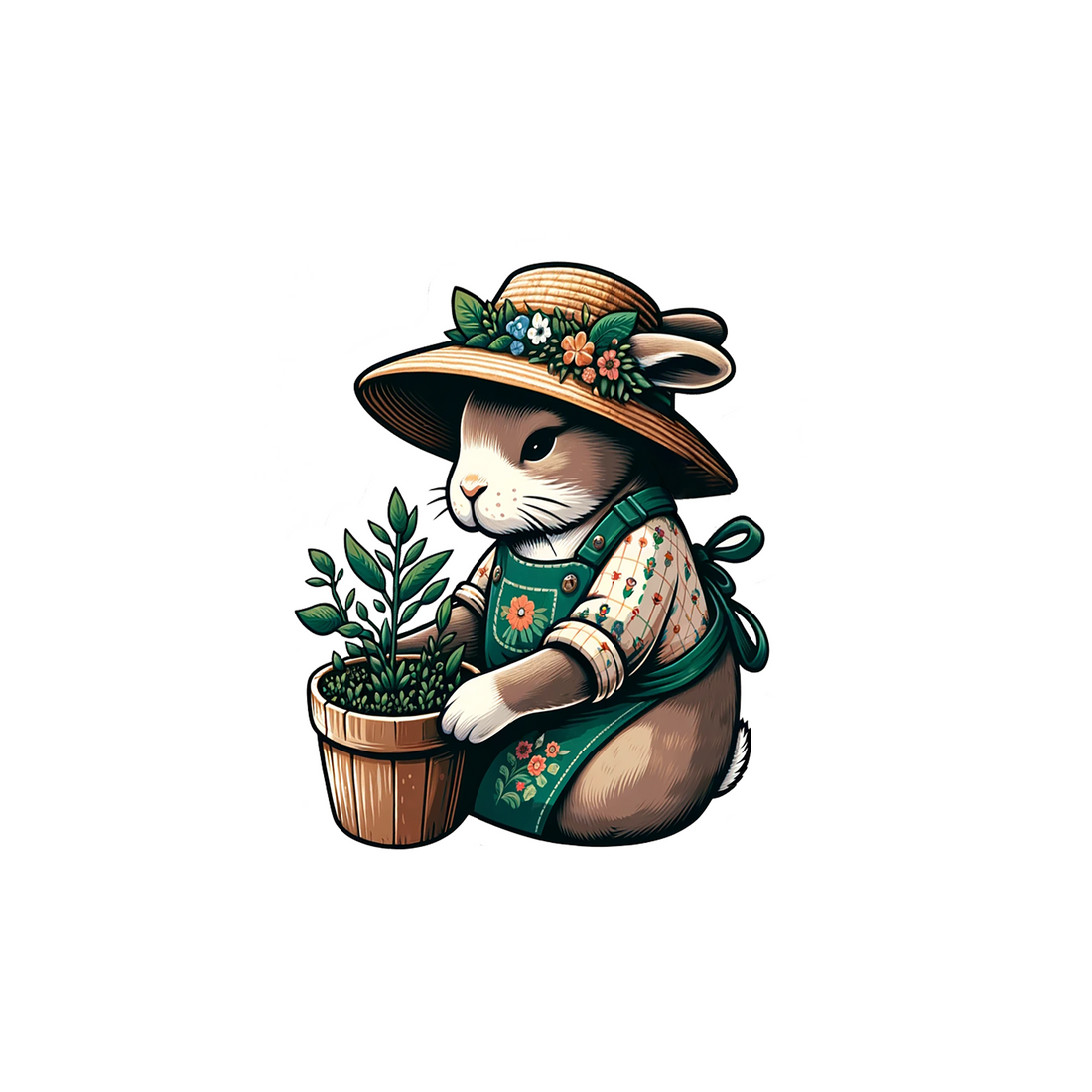
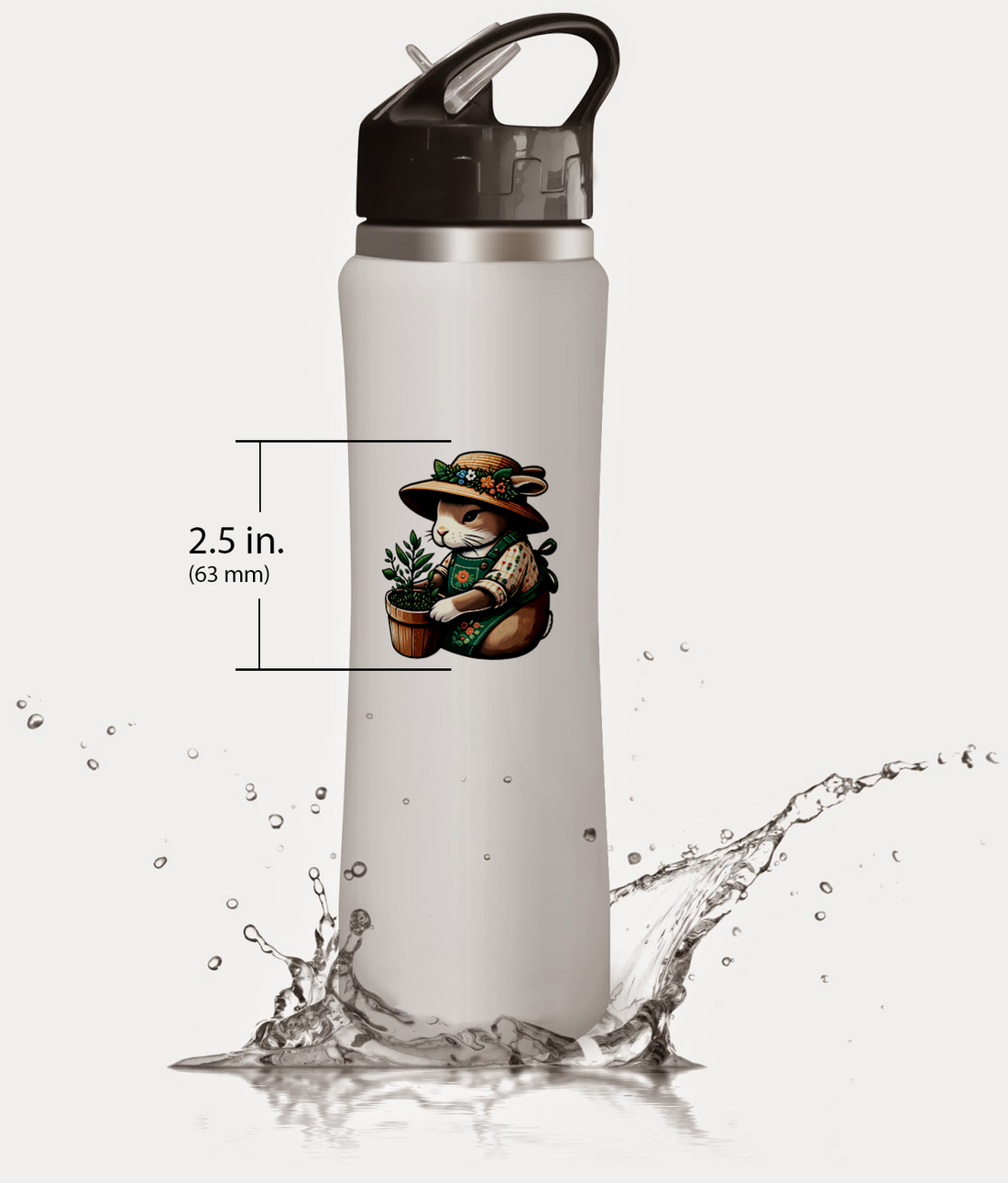
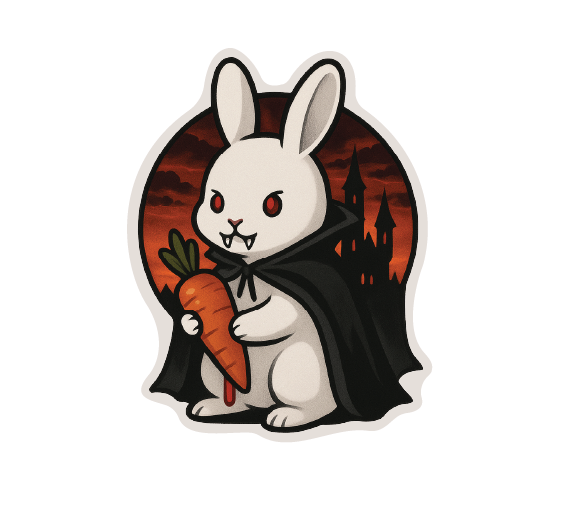


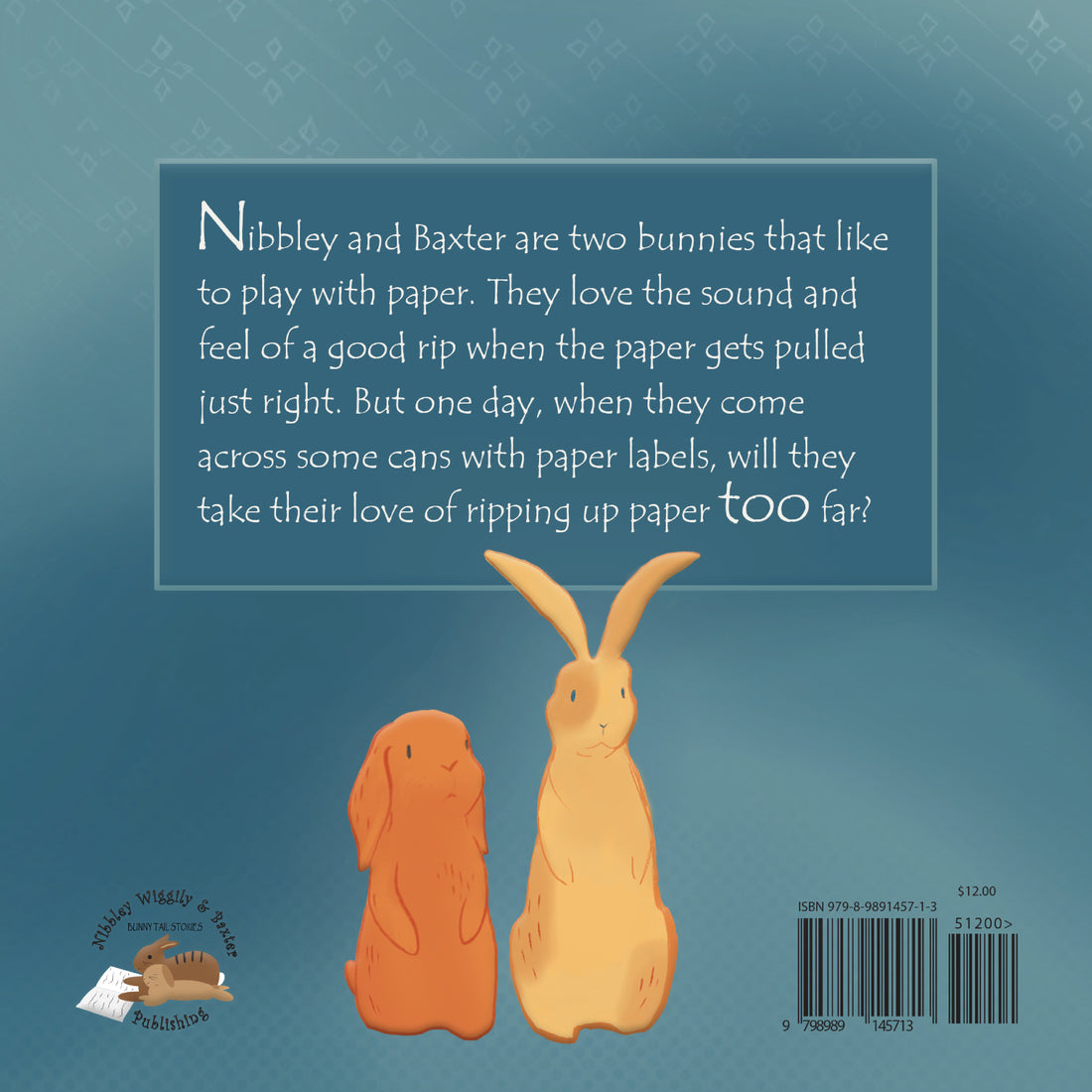


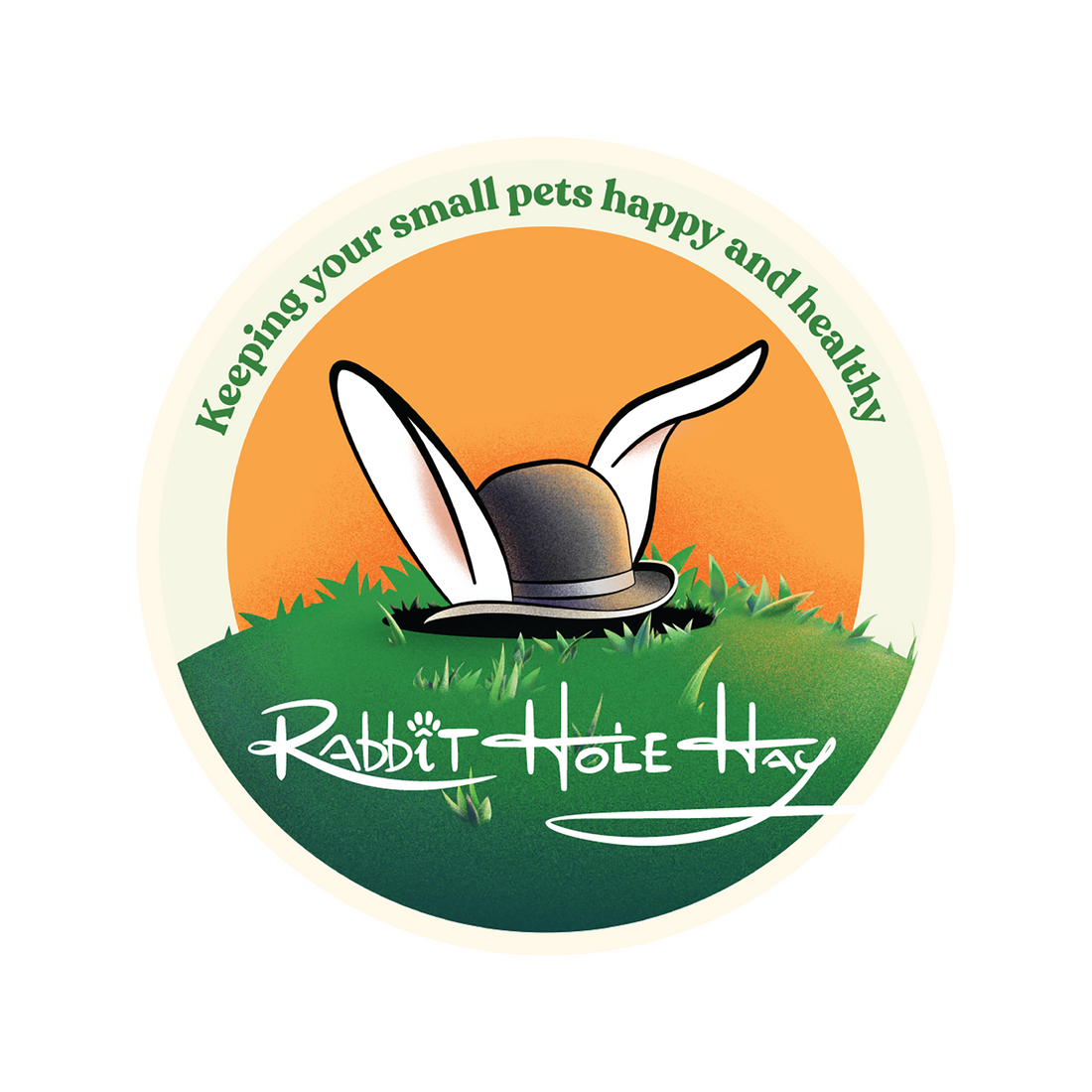
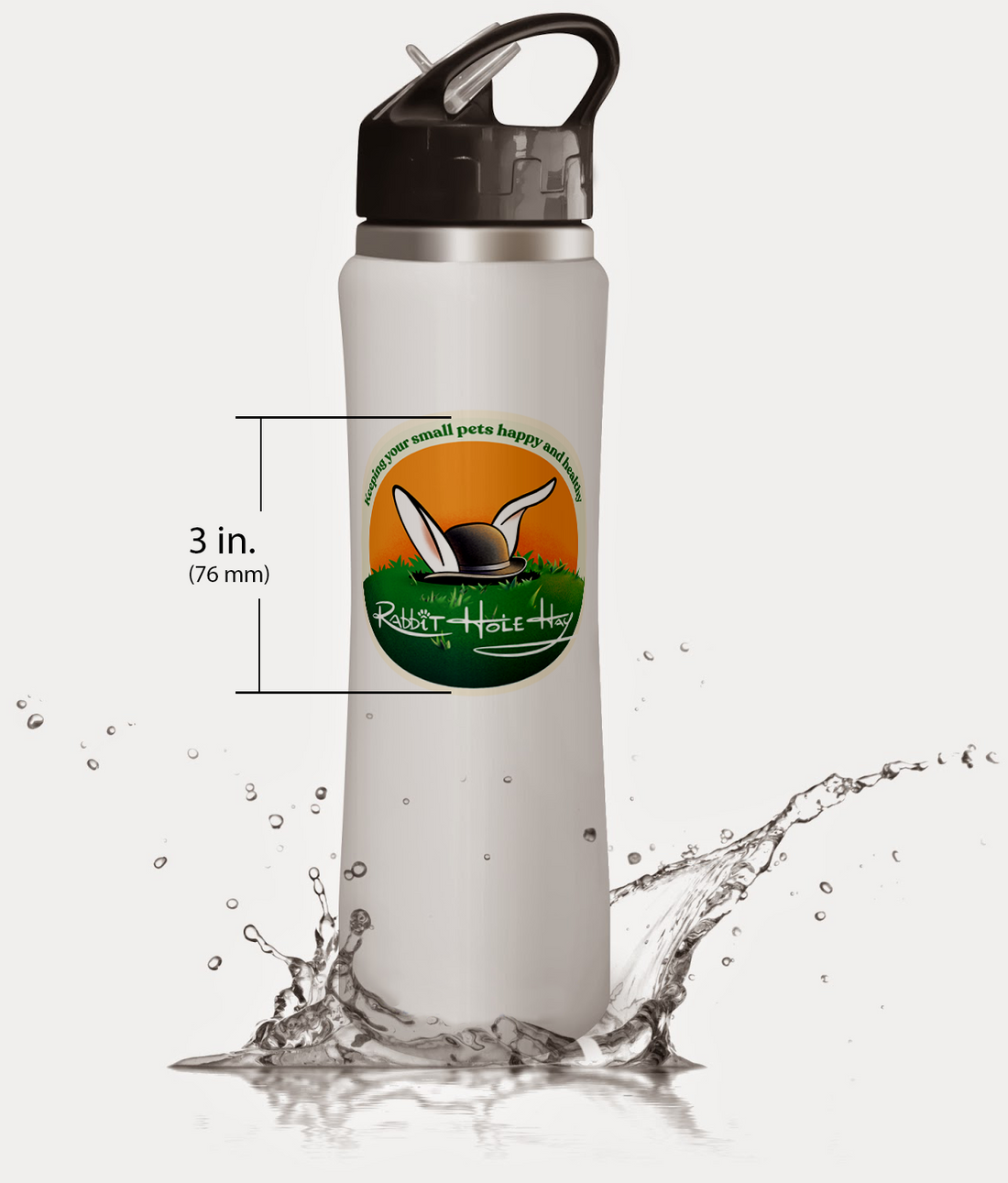








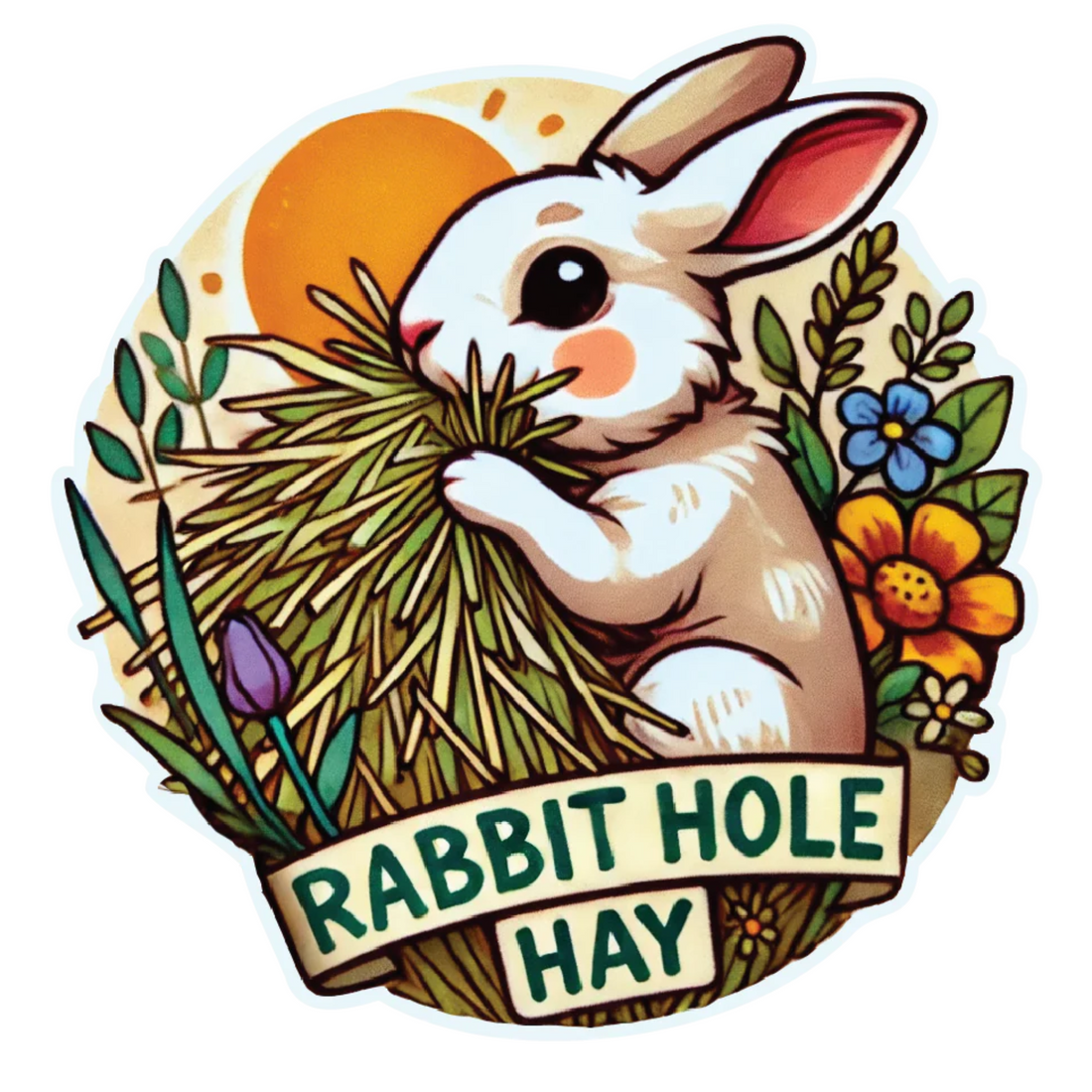
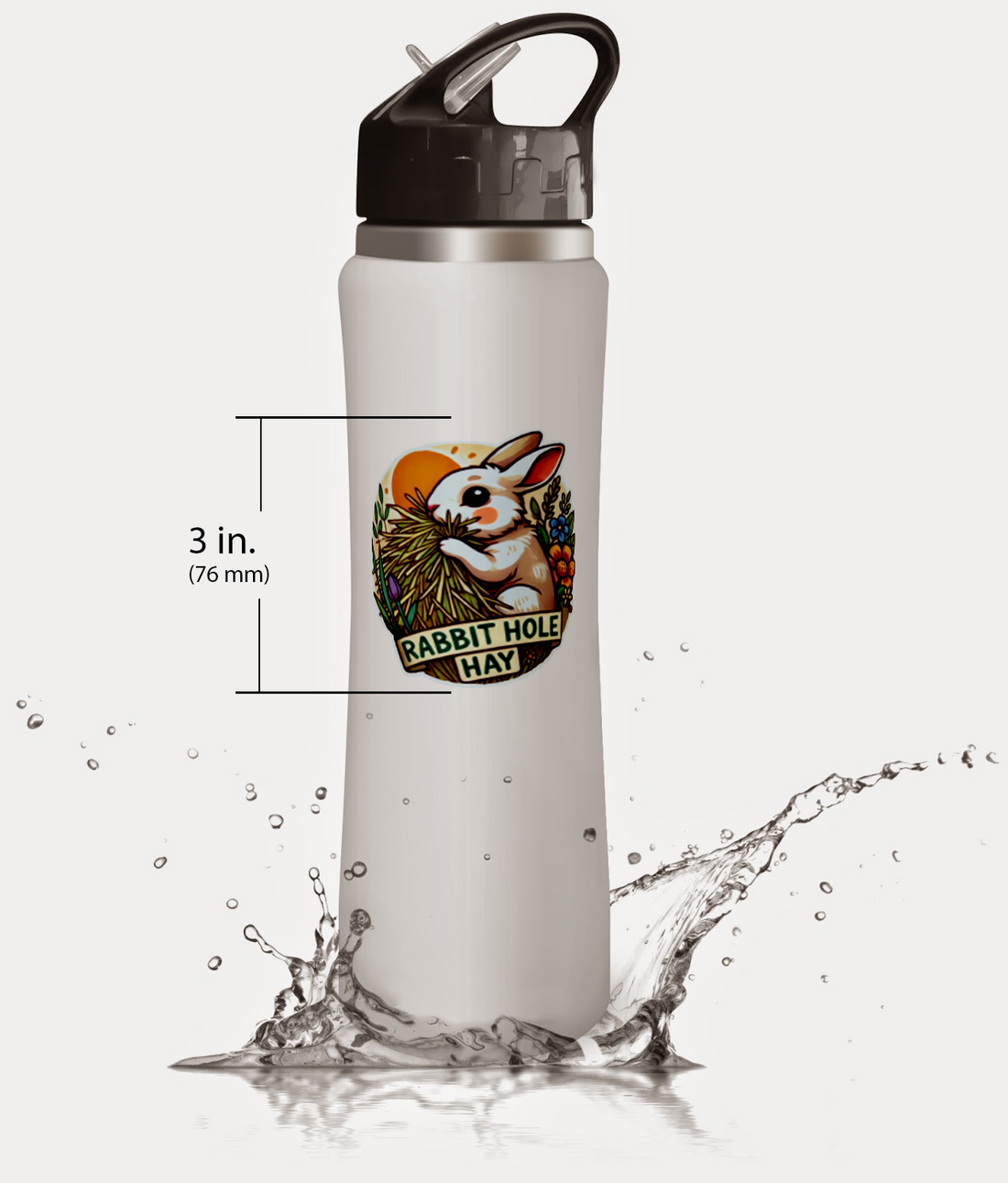


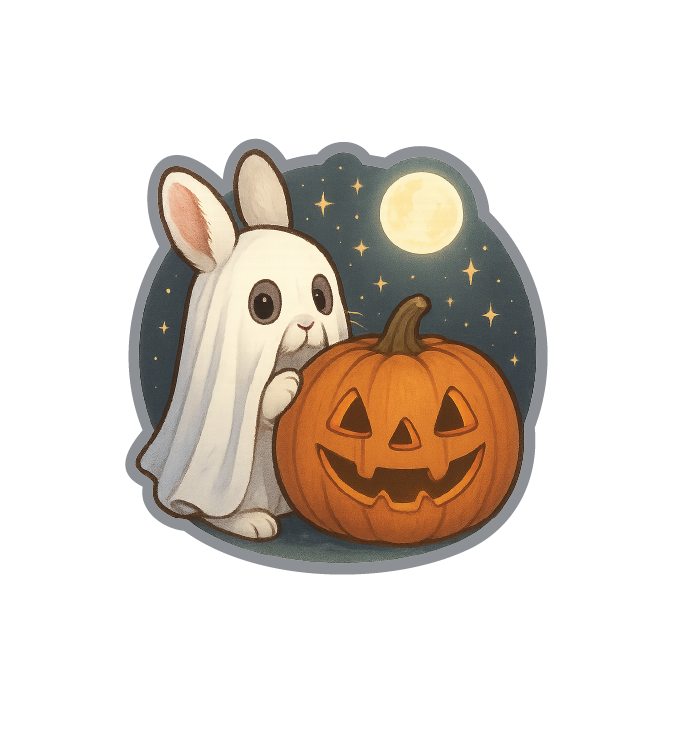
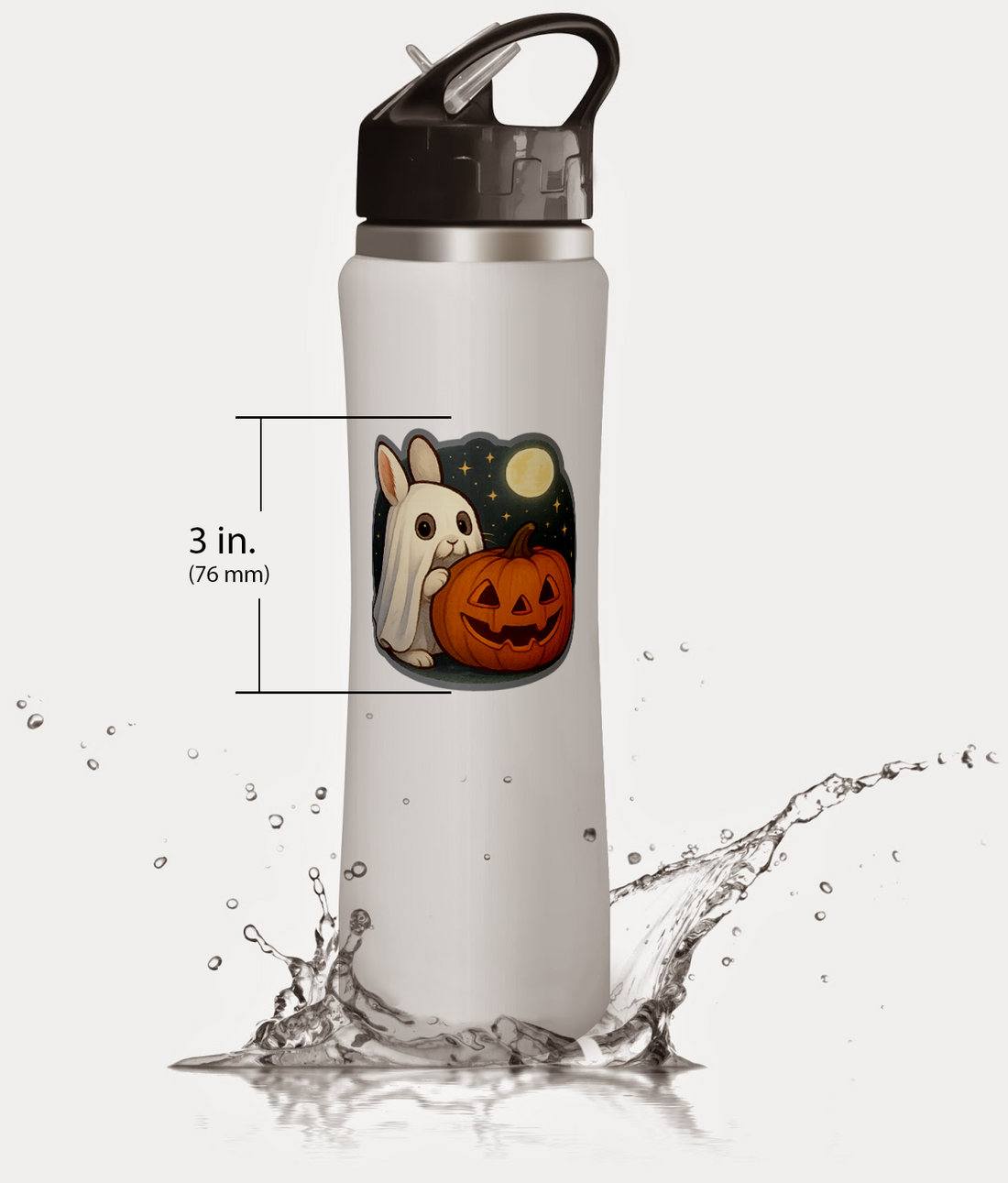




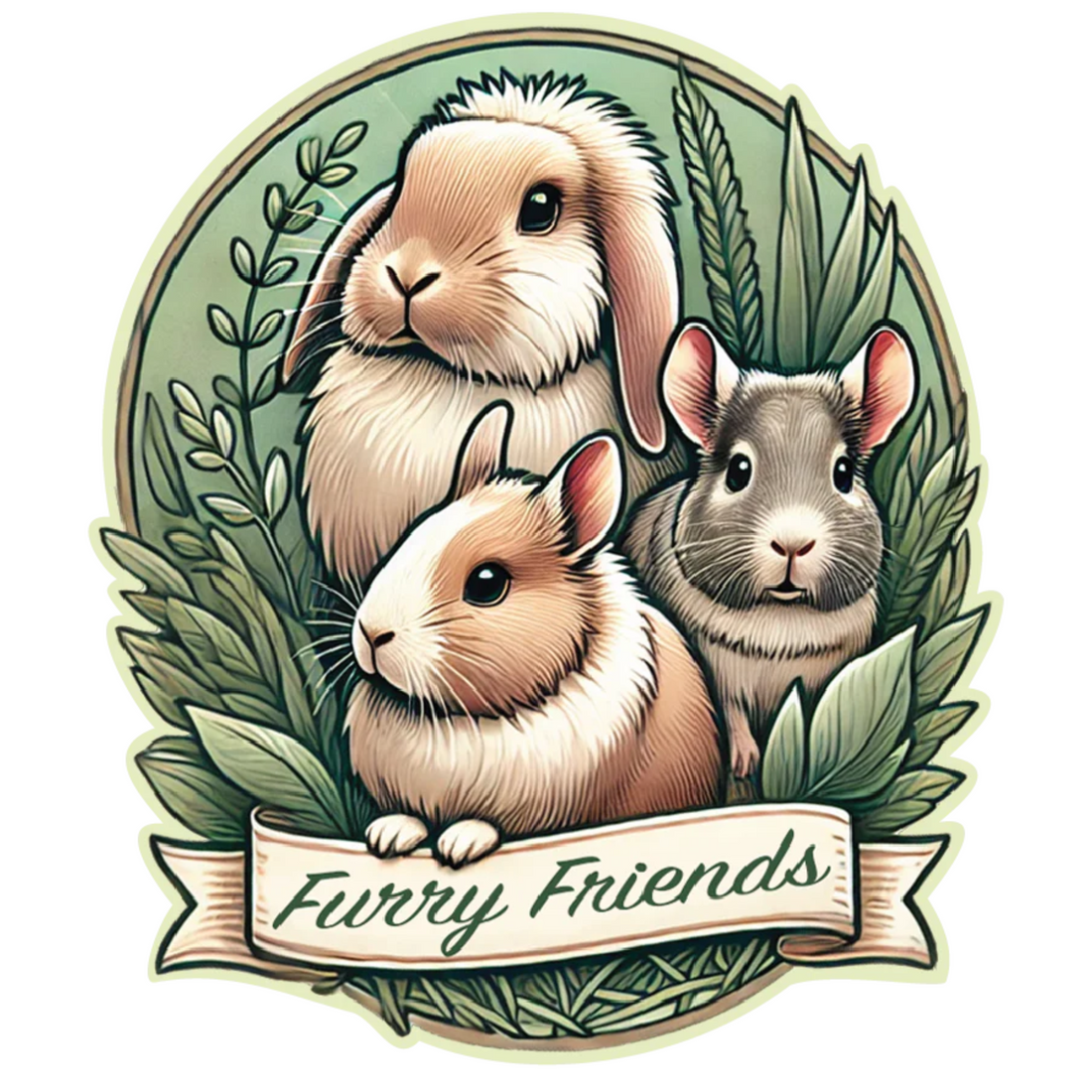
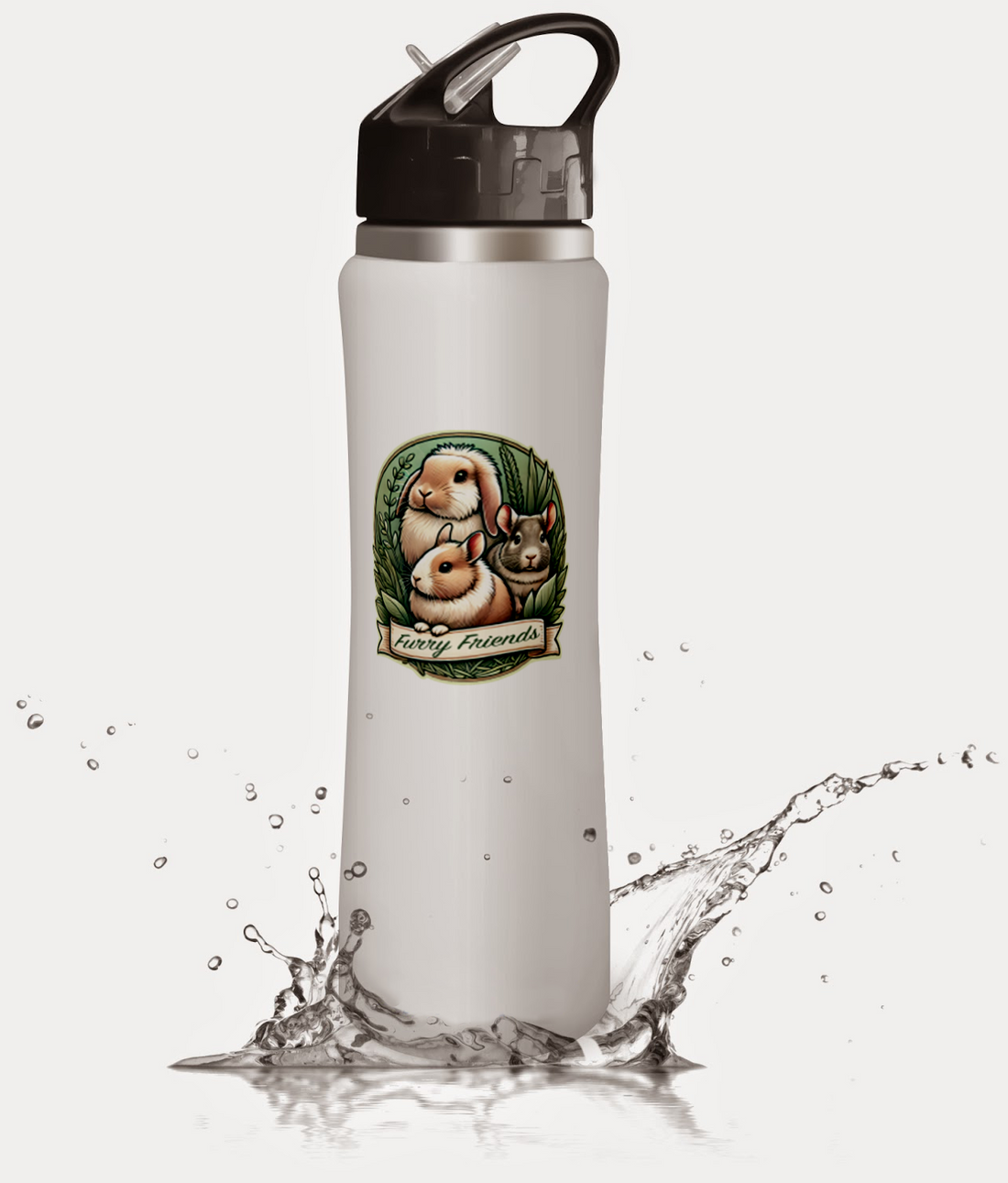






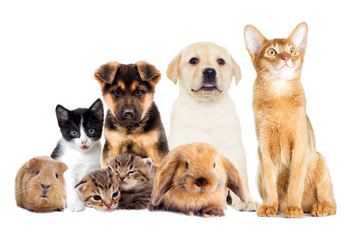


Comments